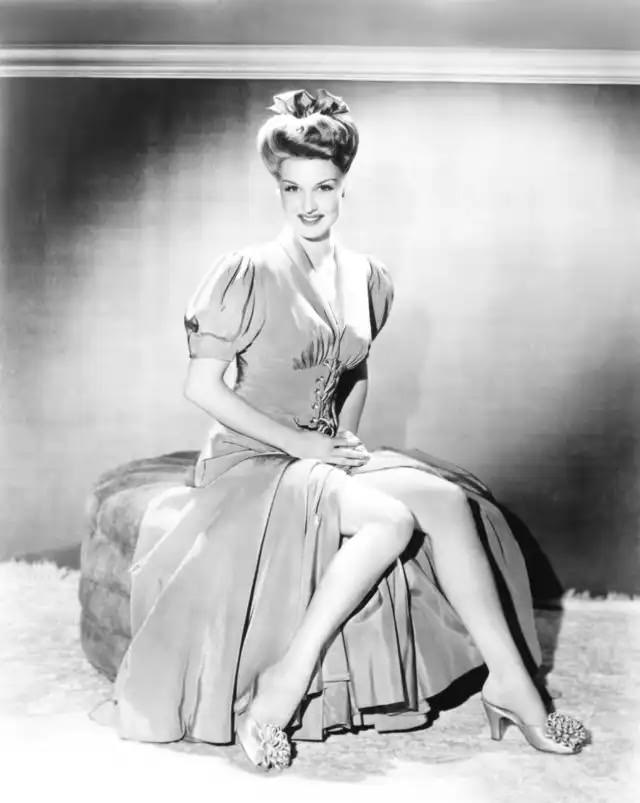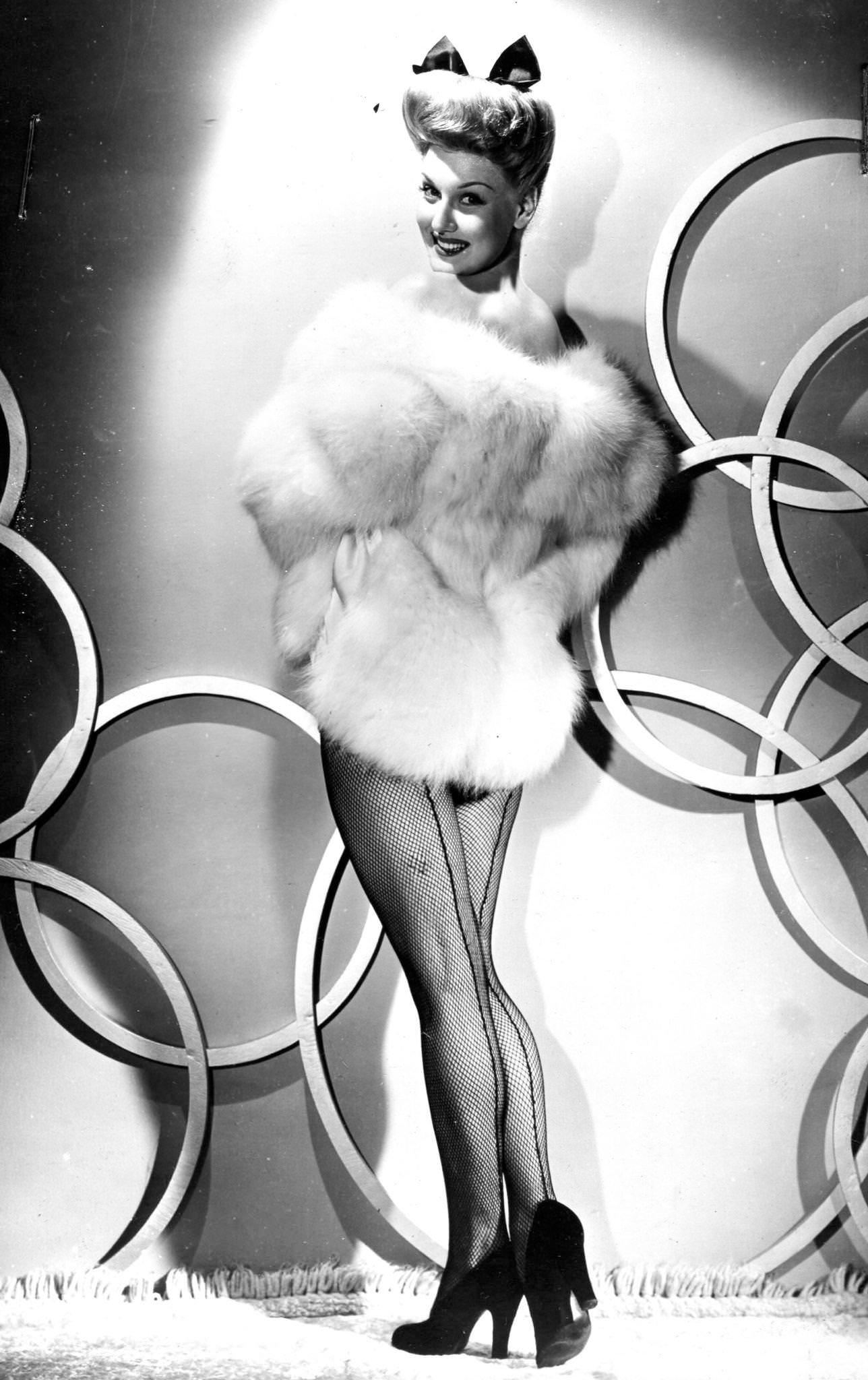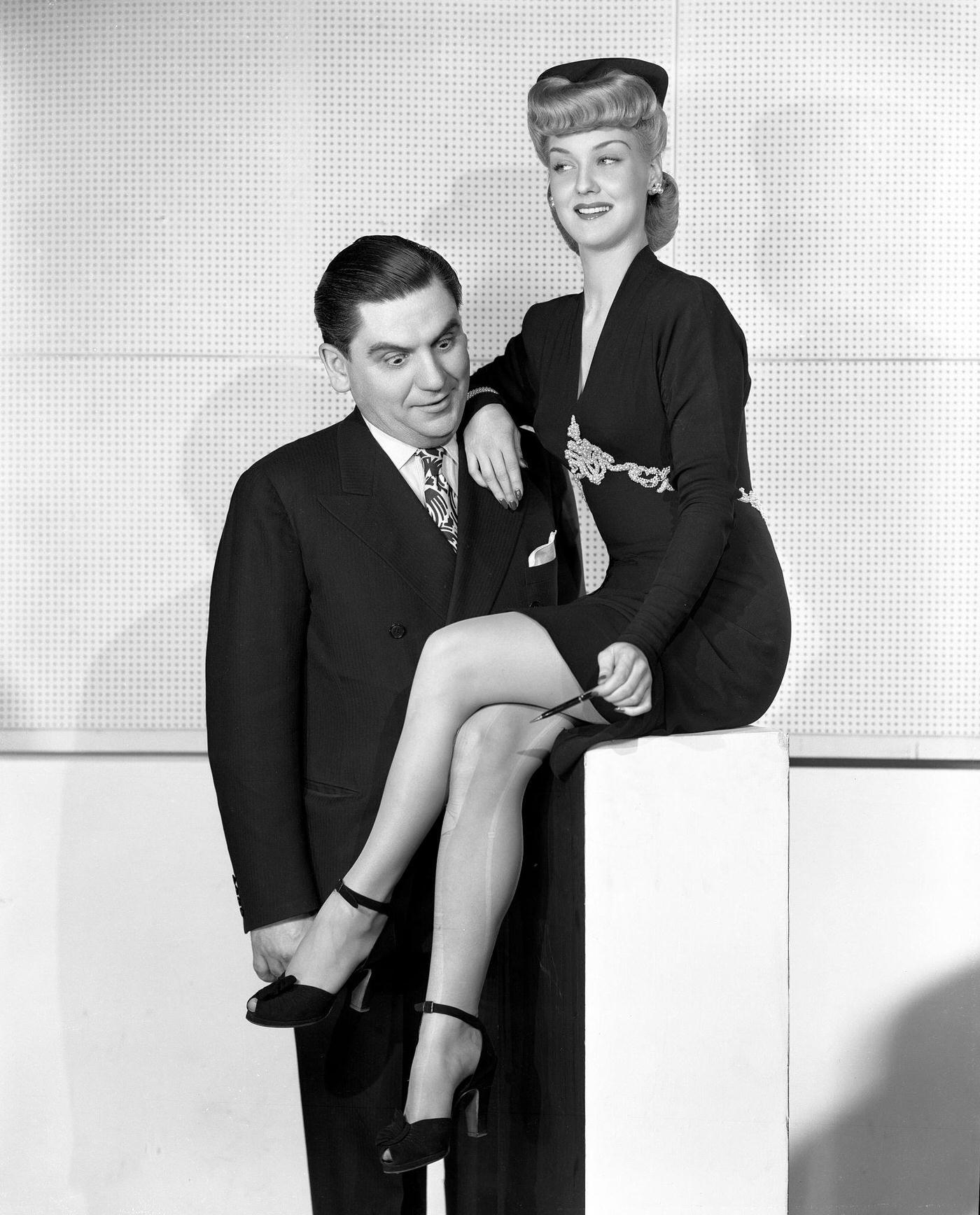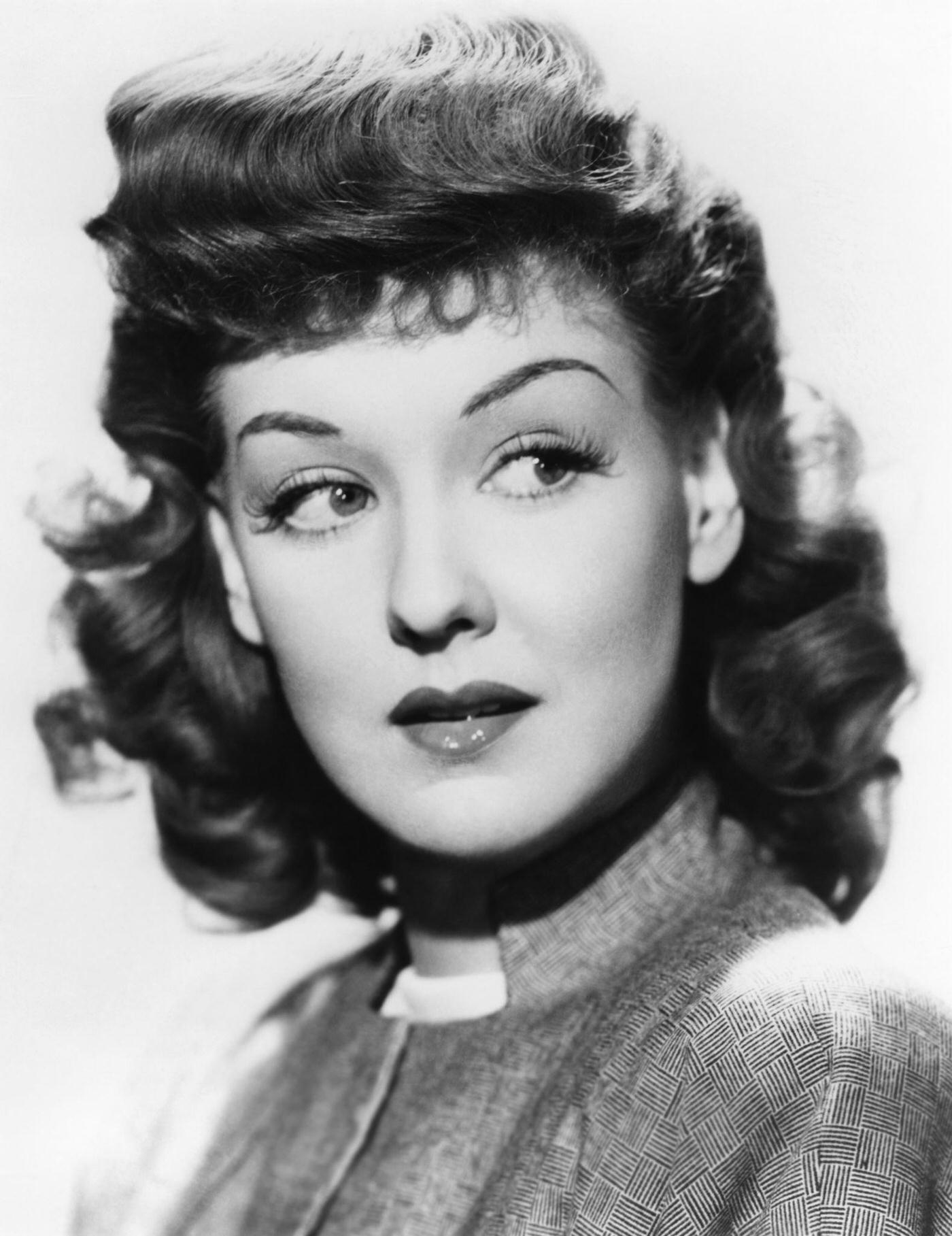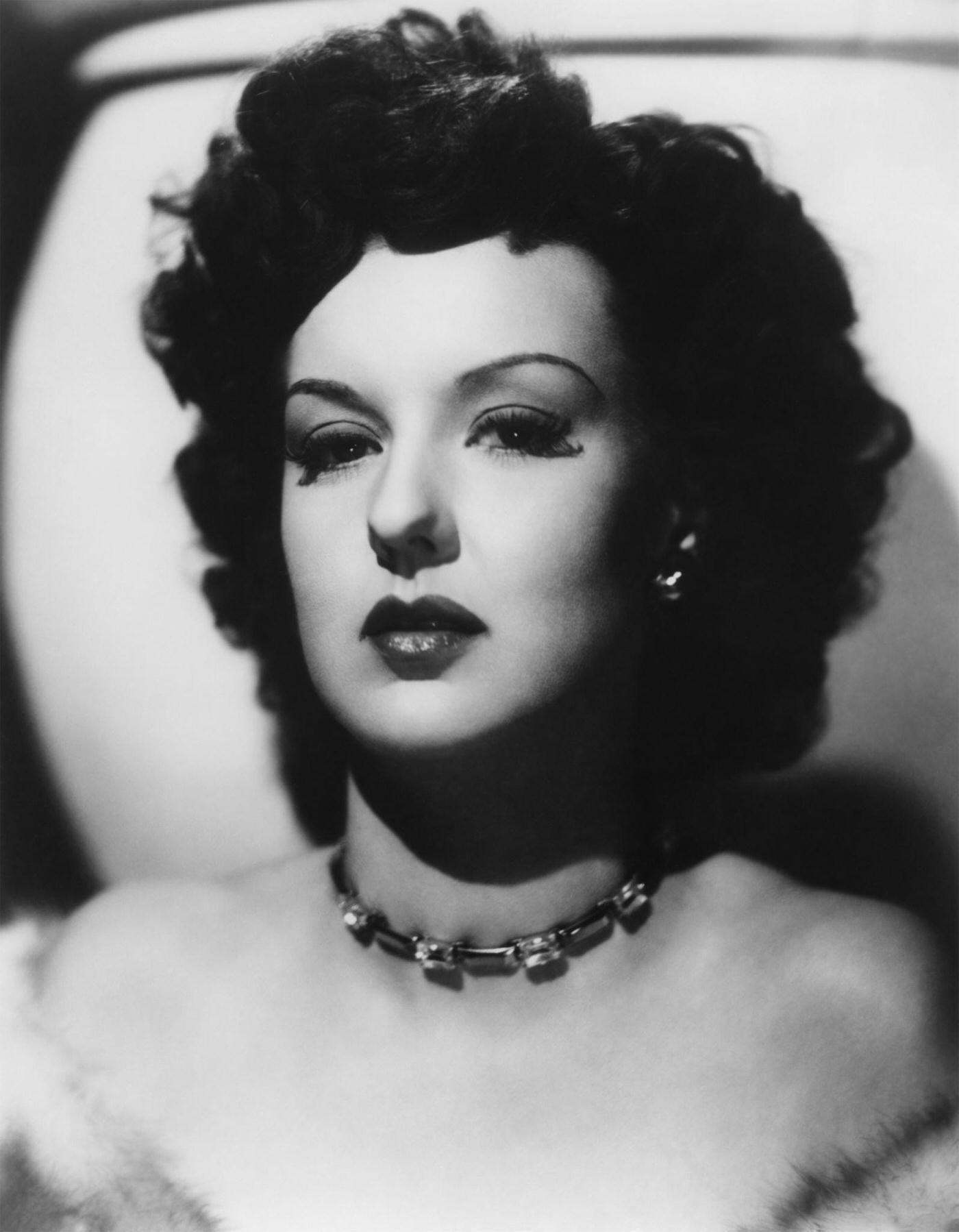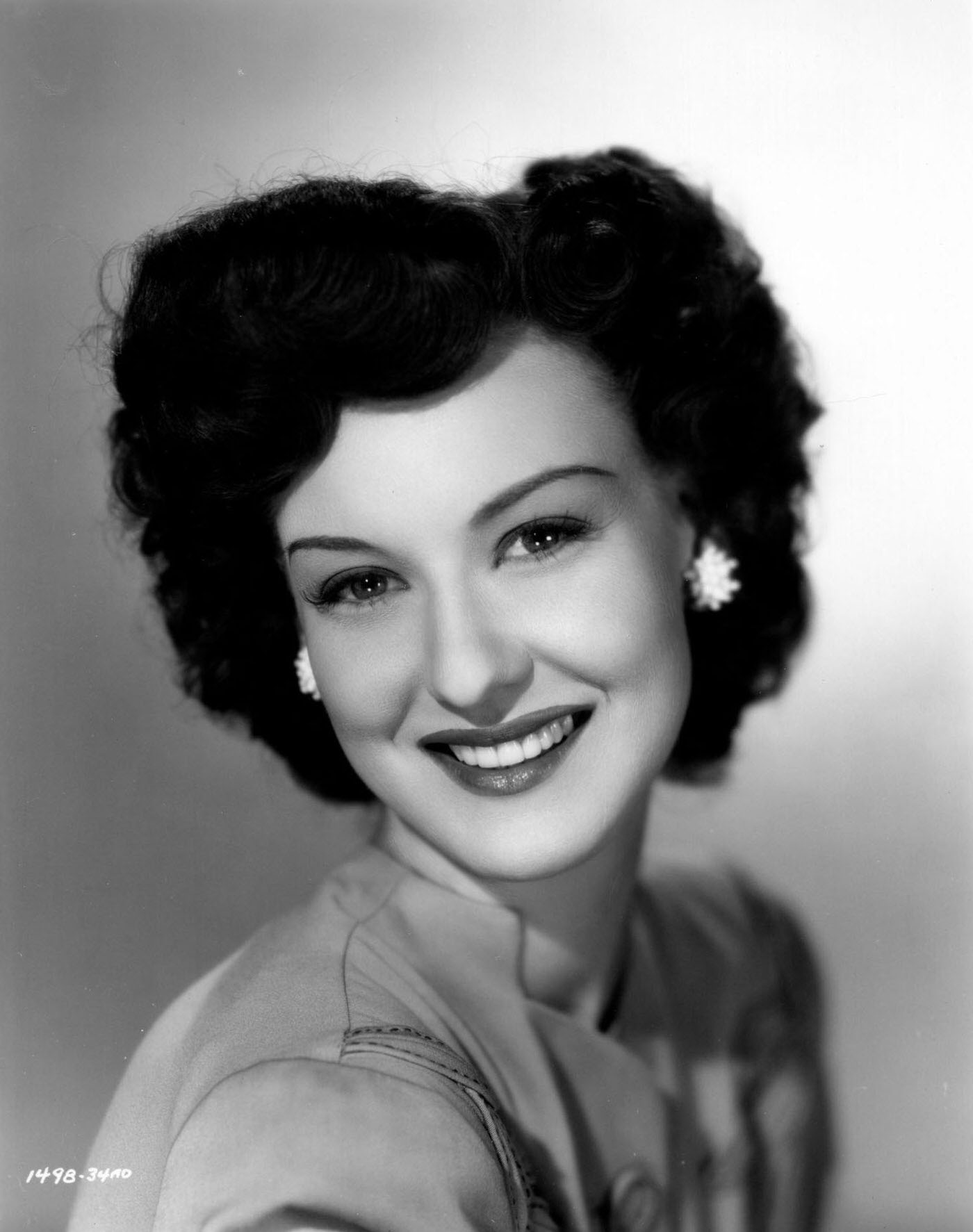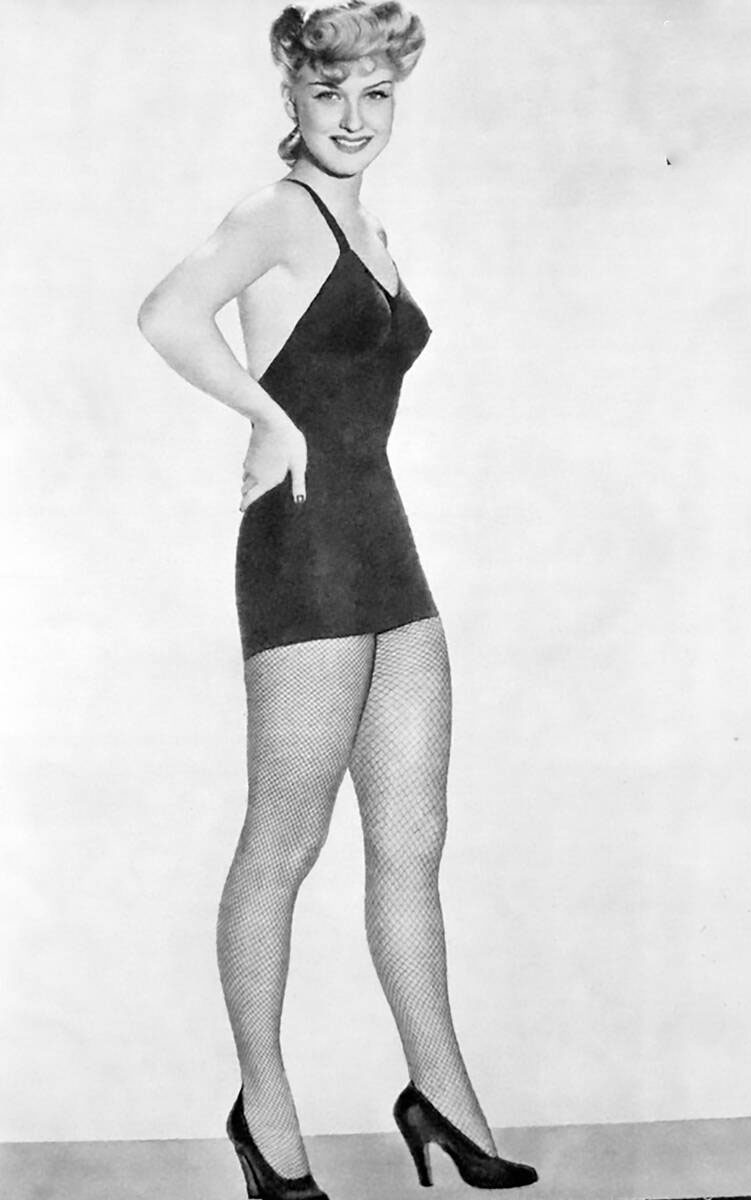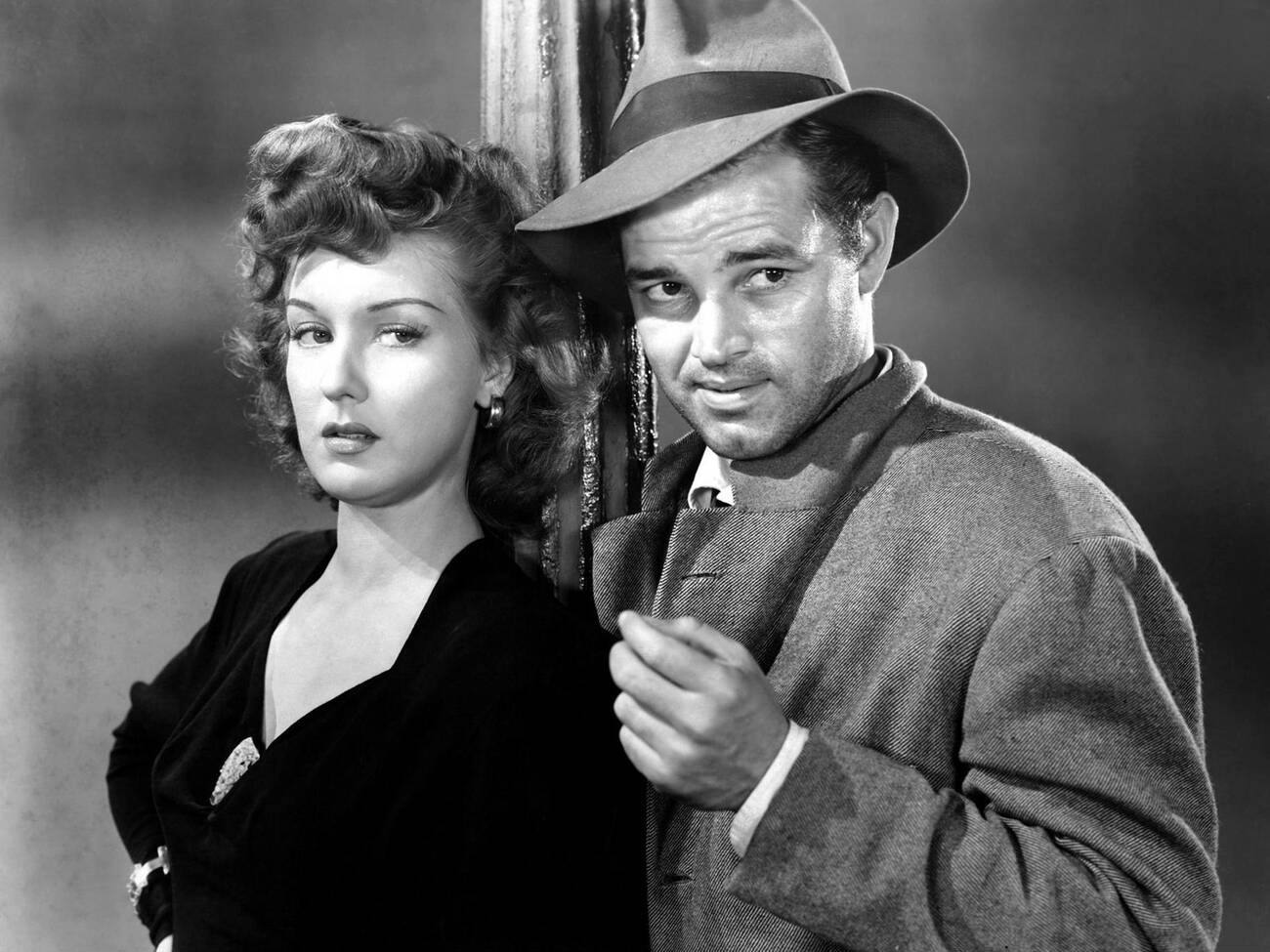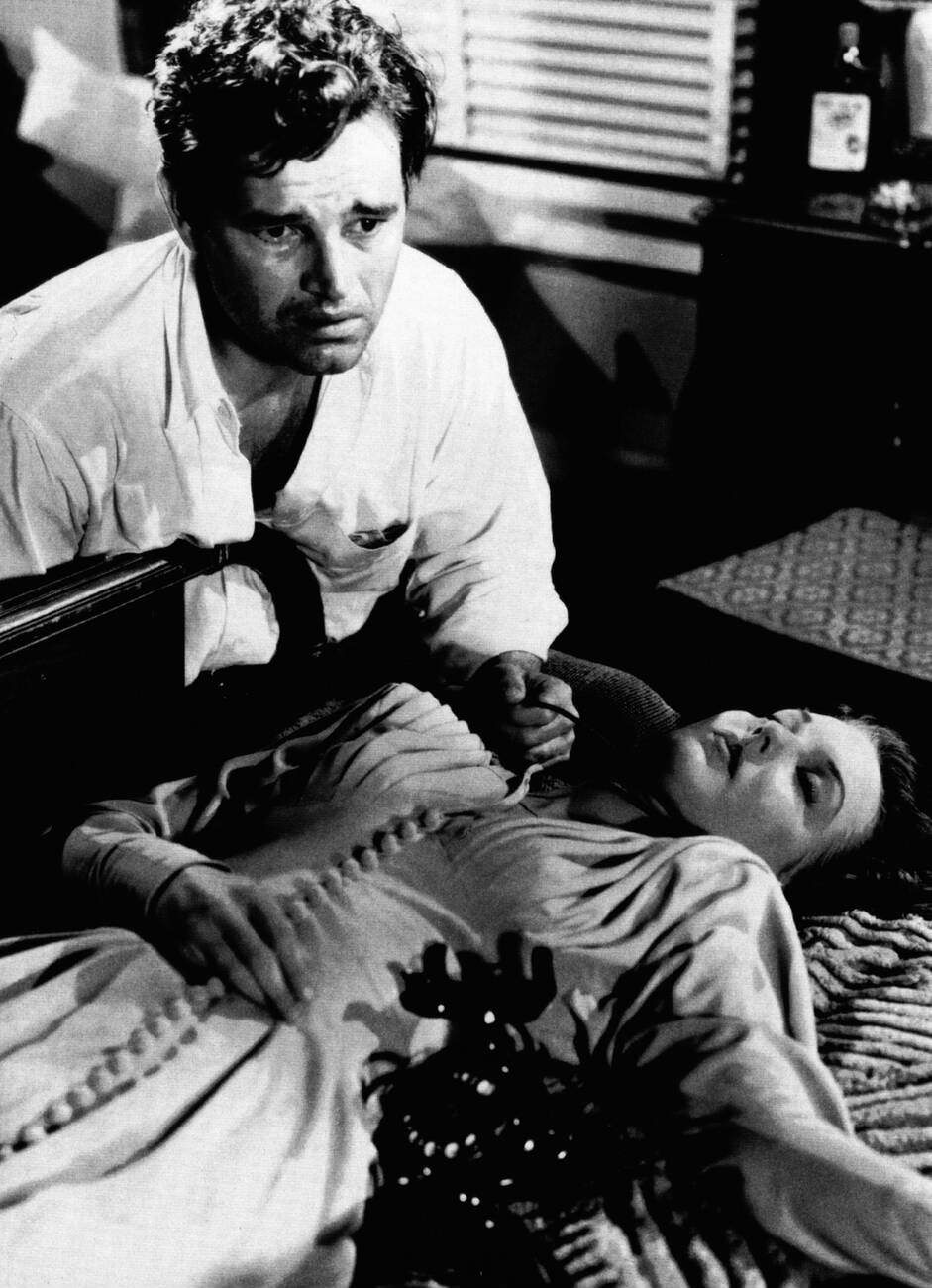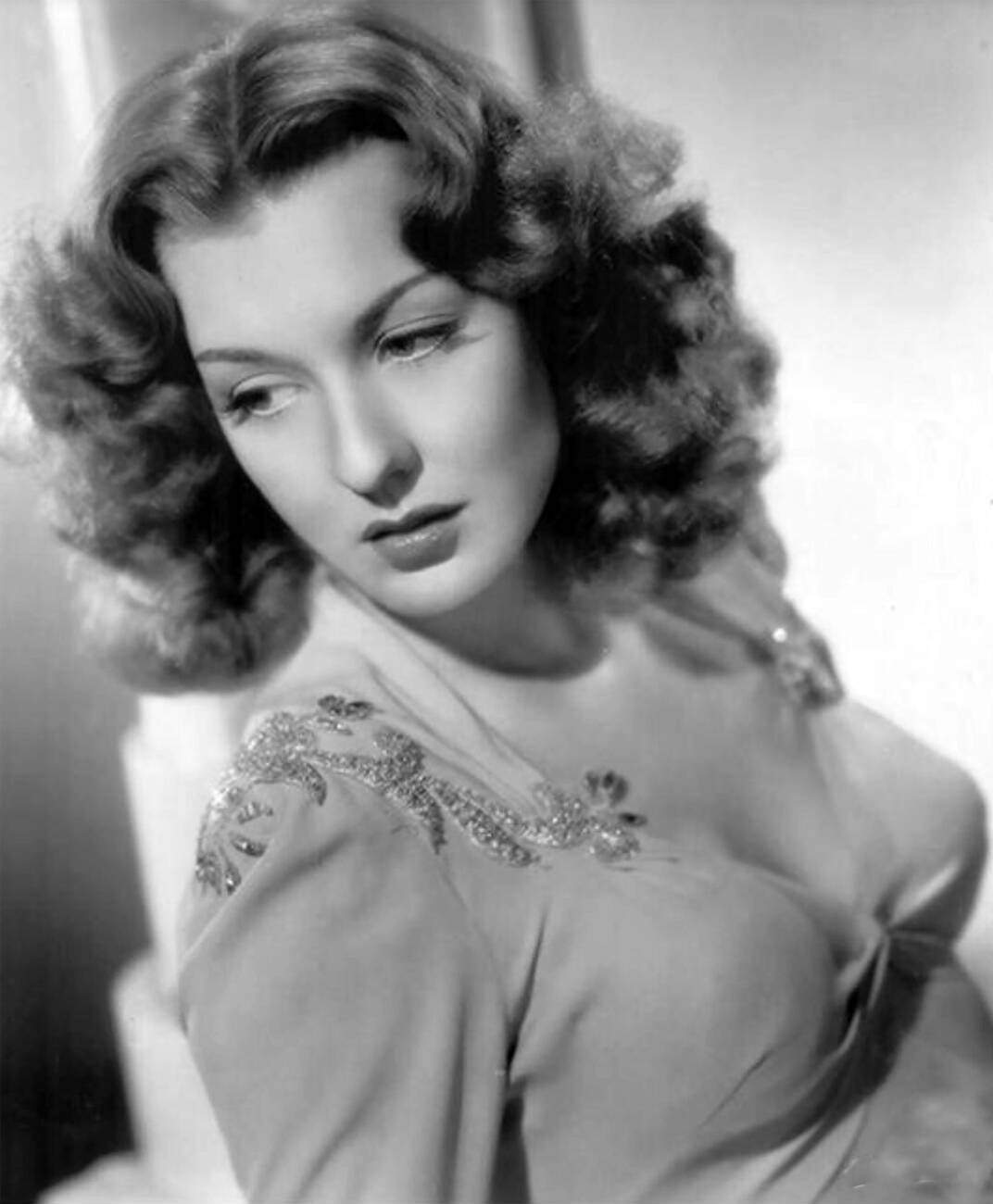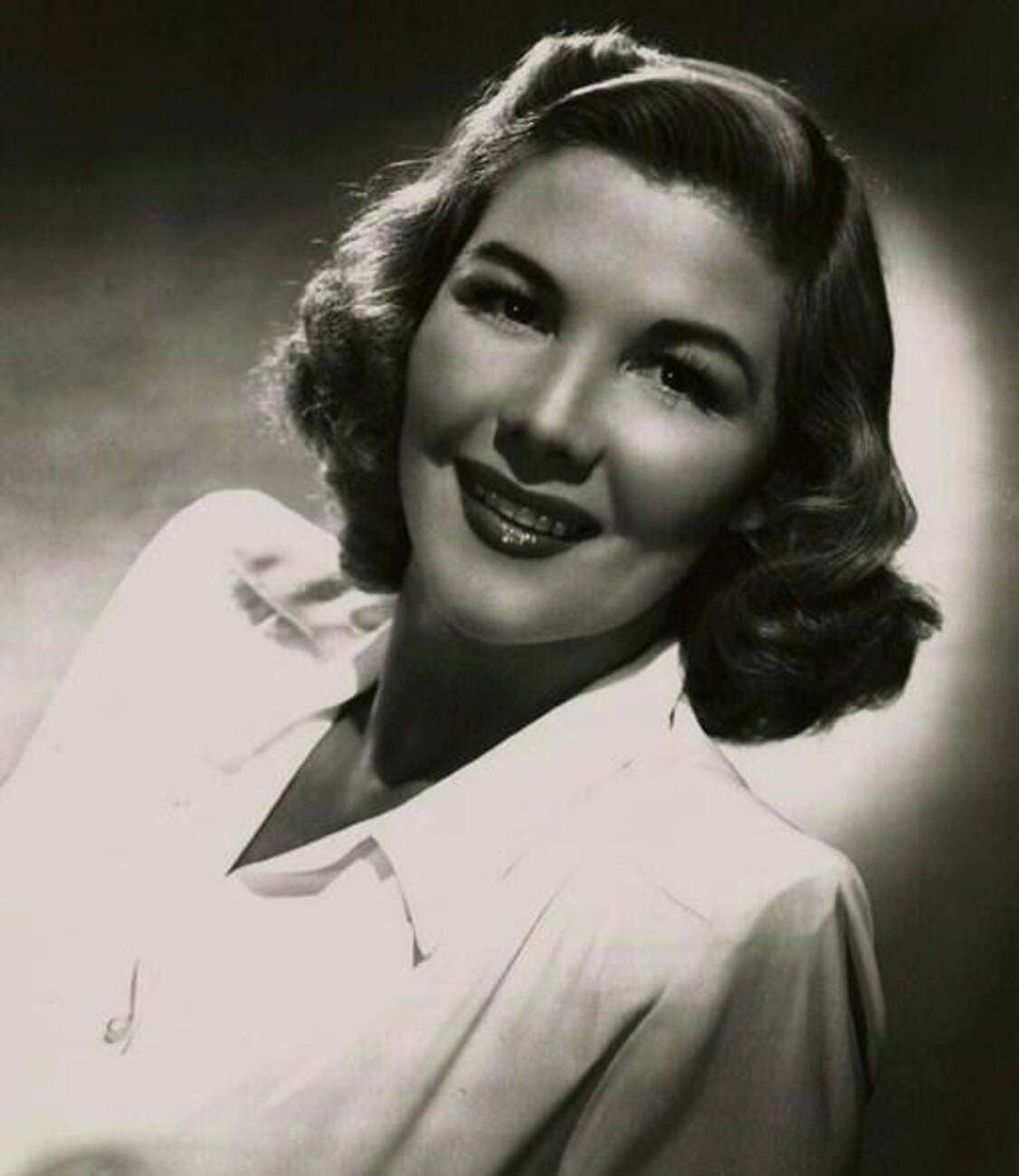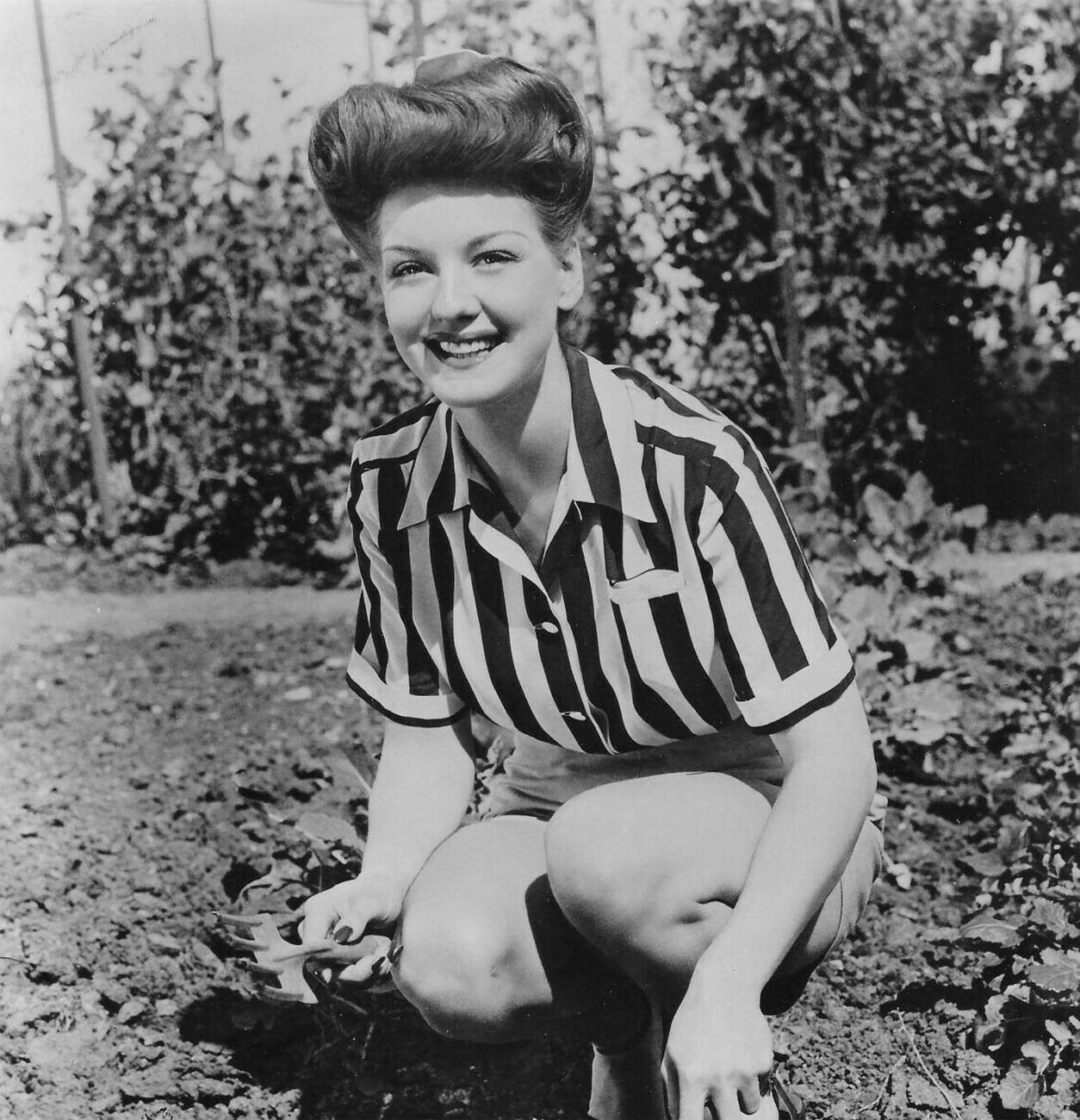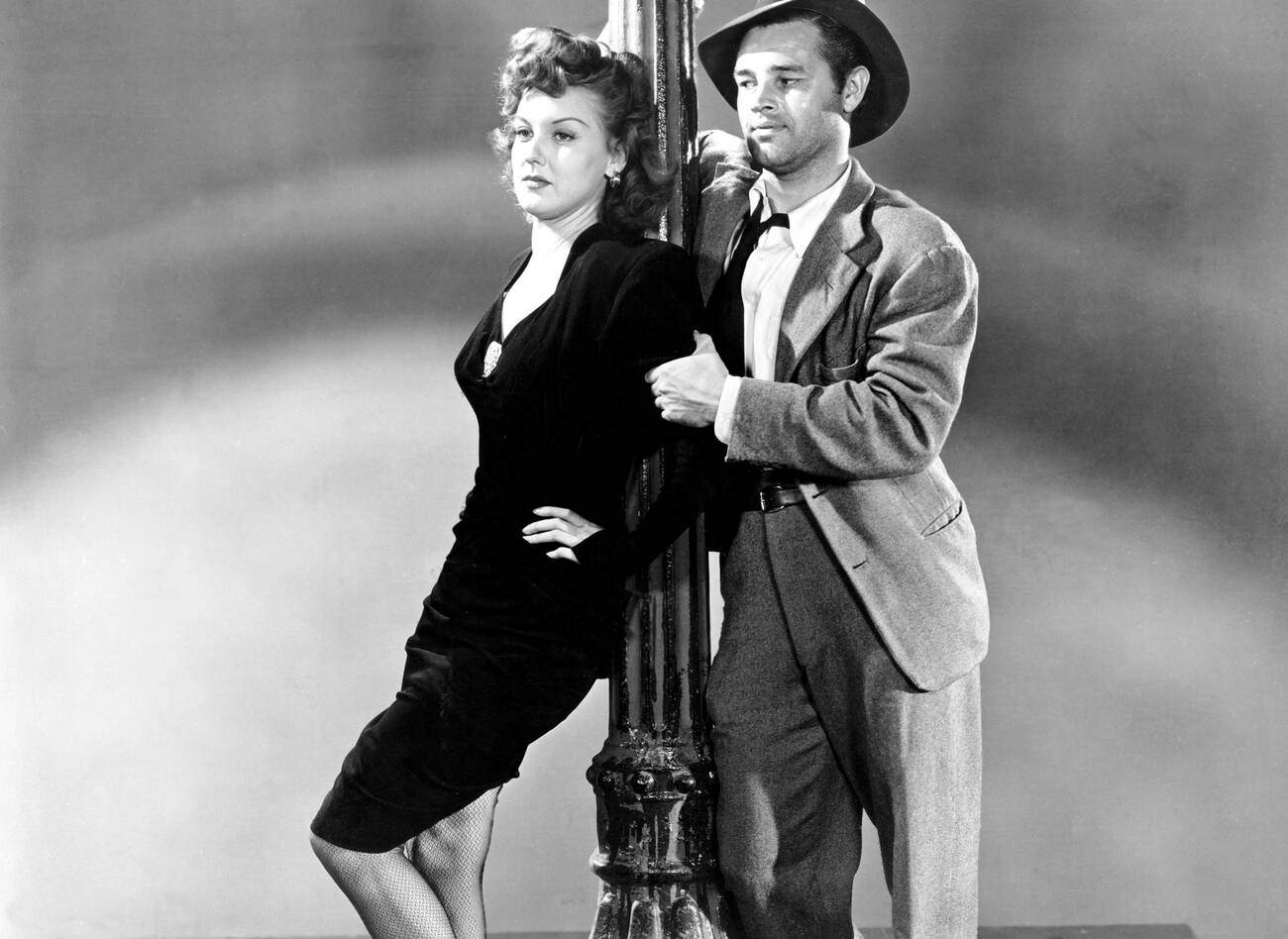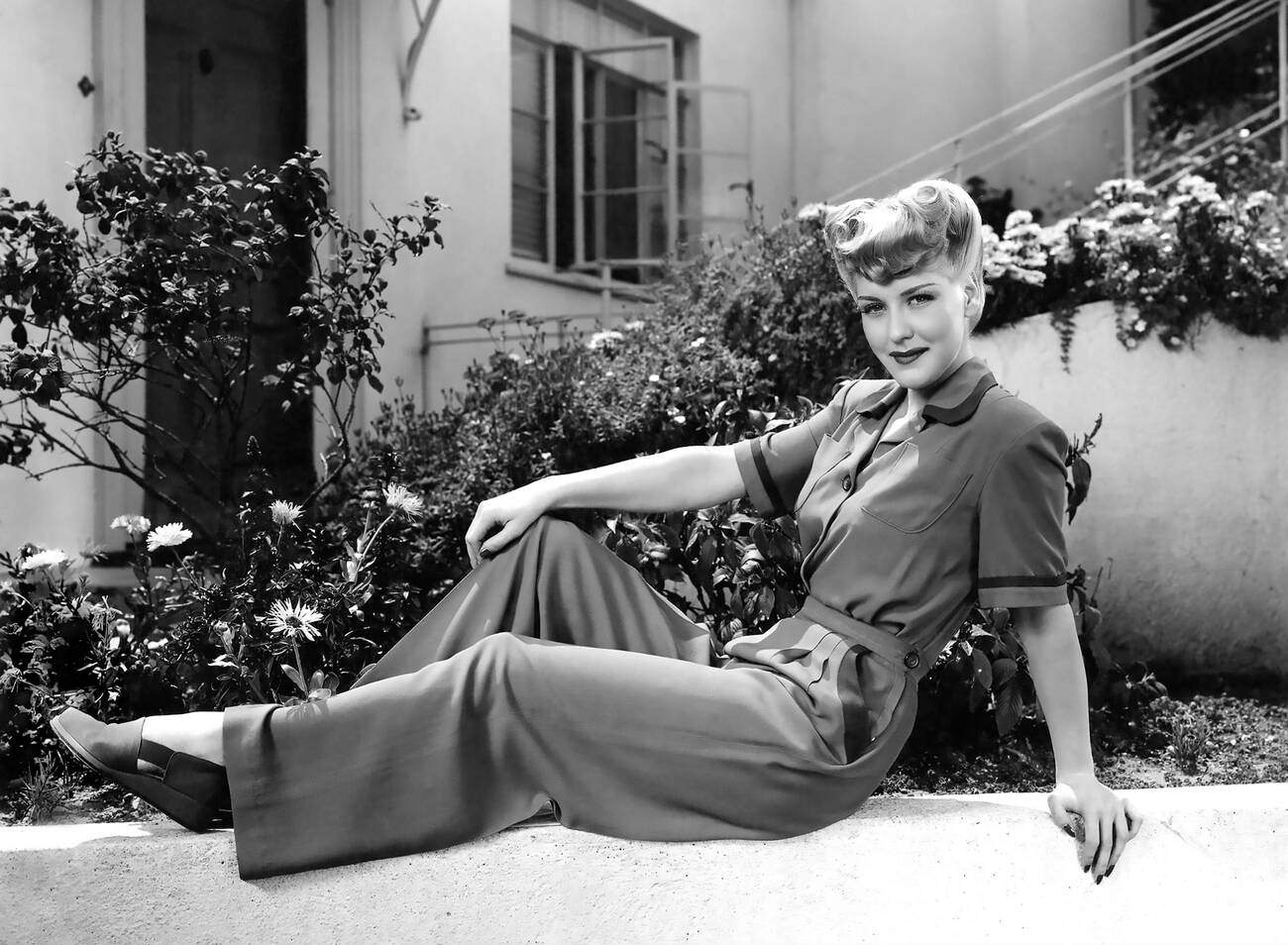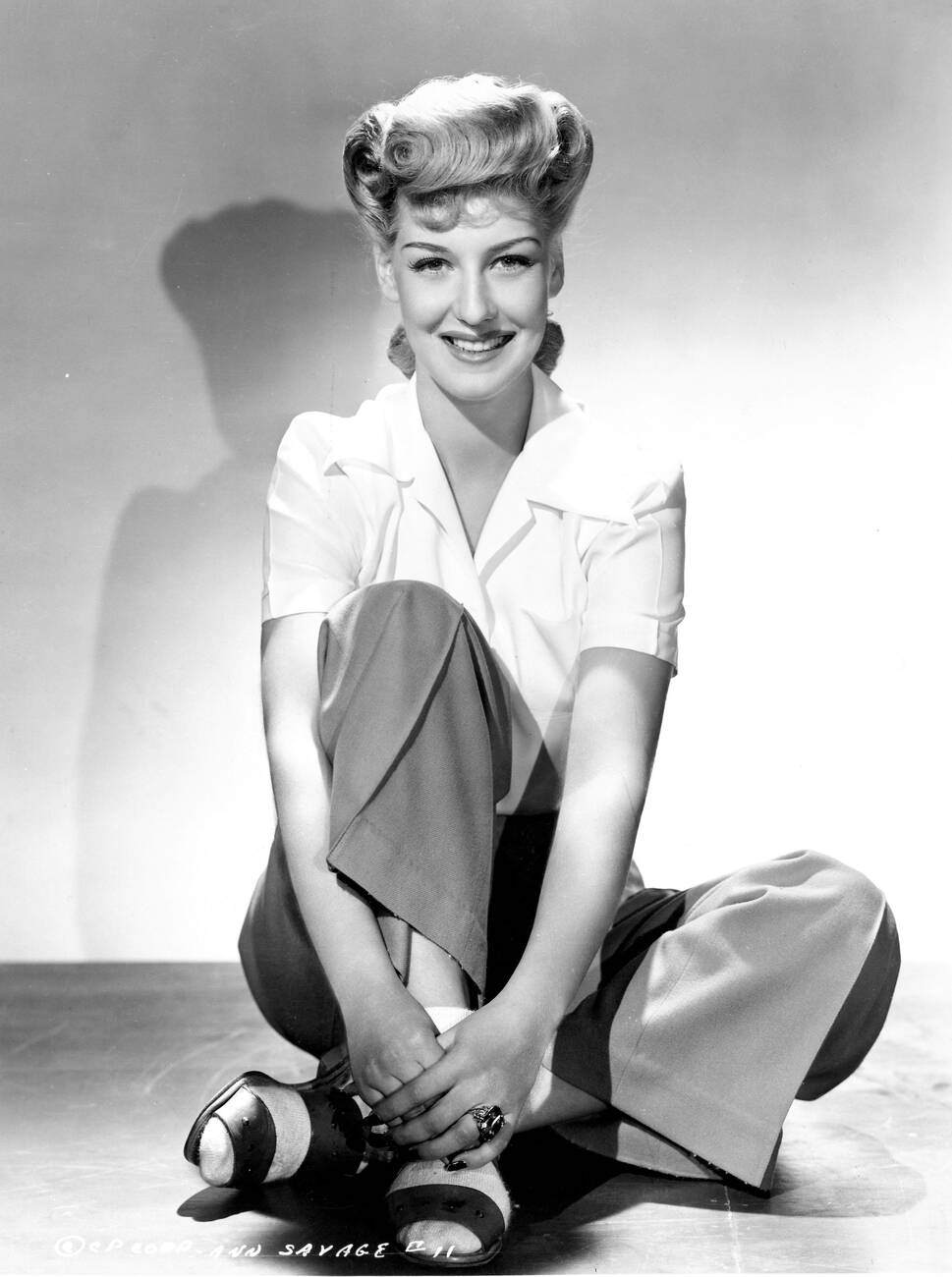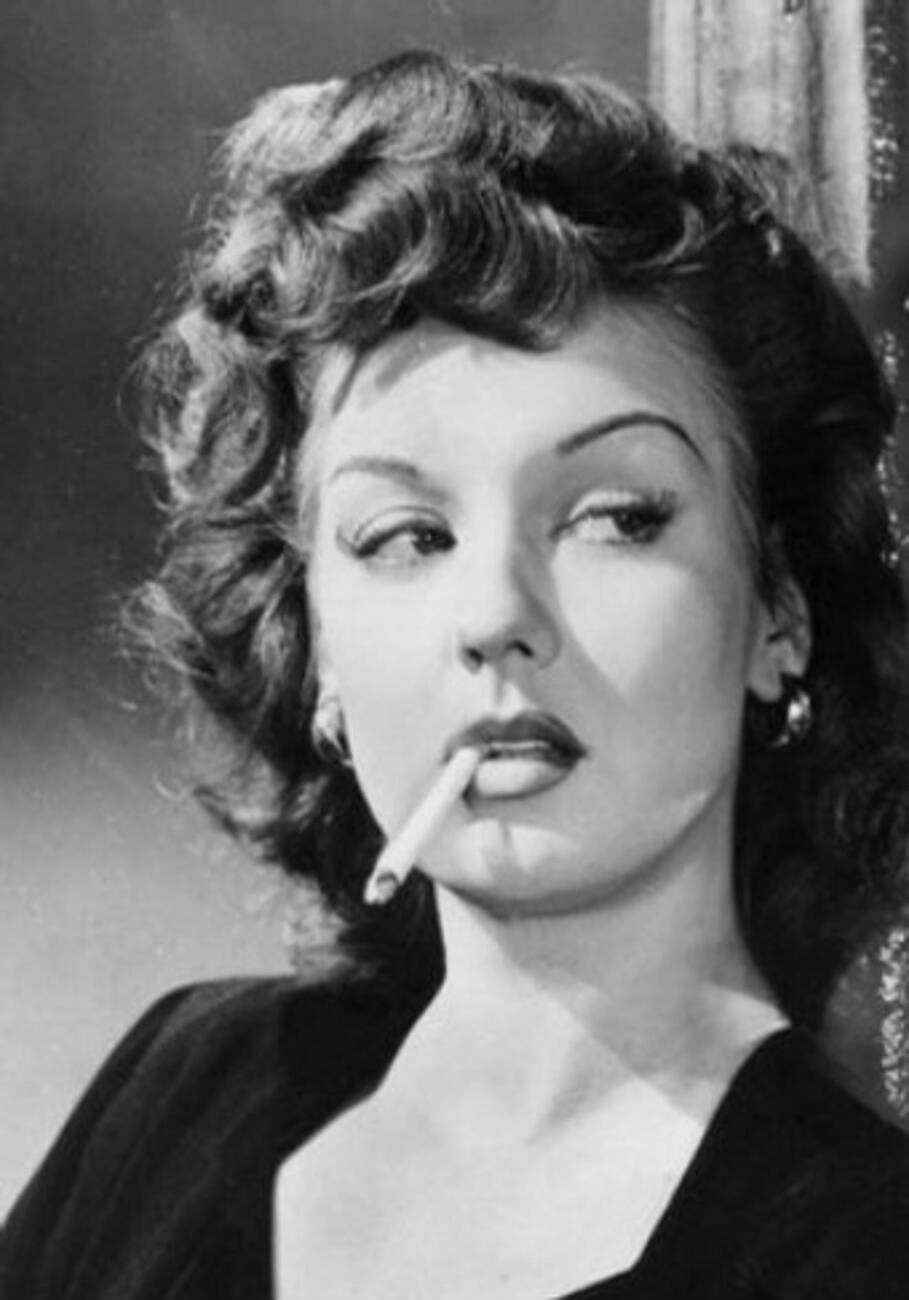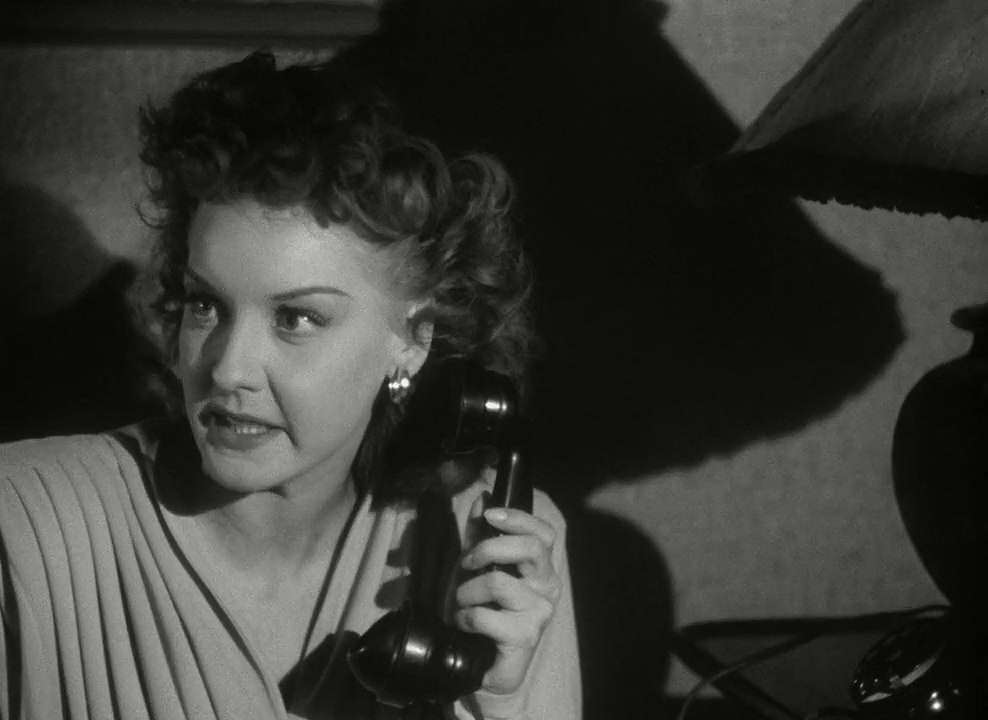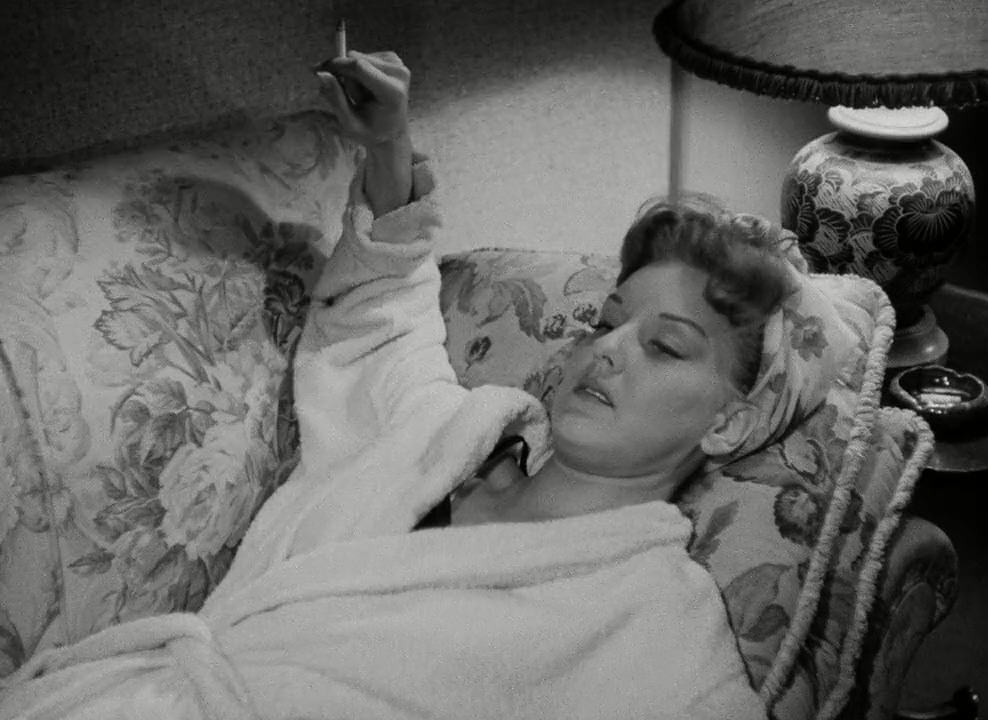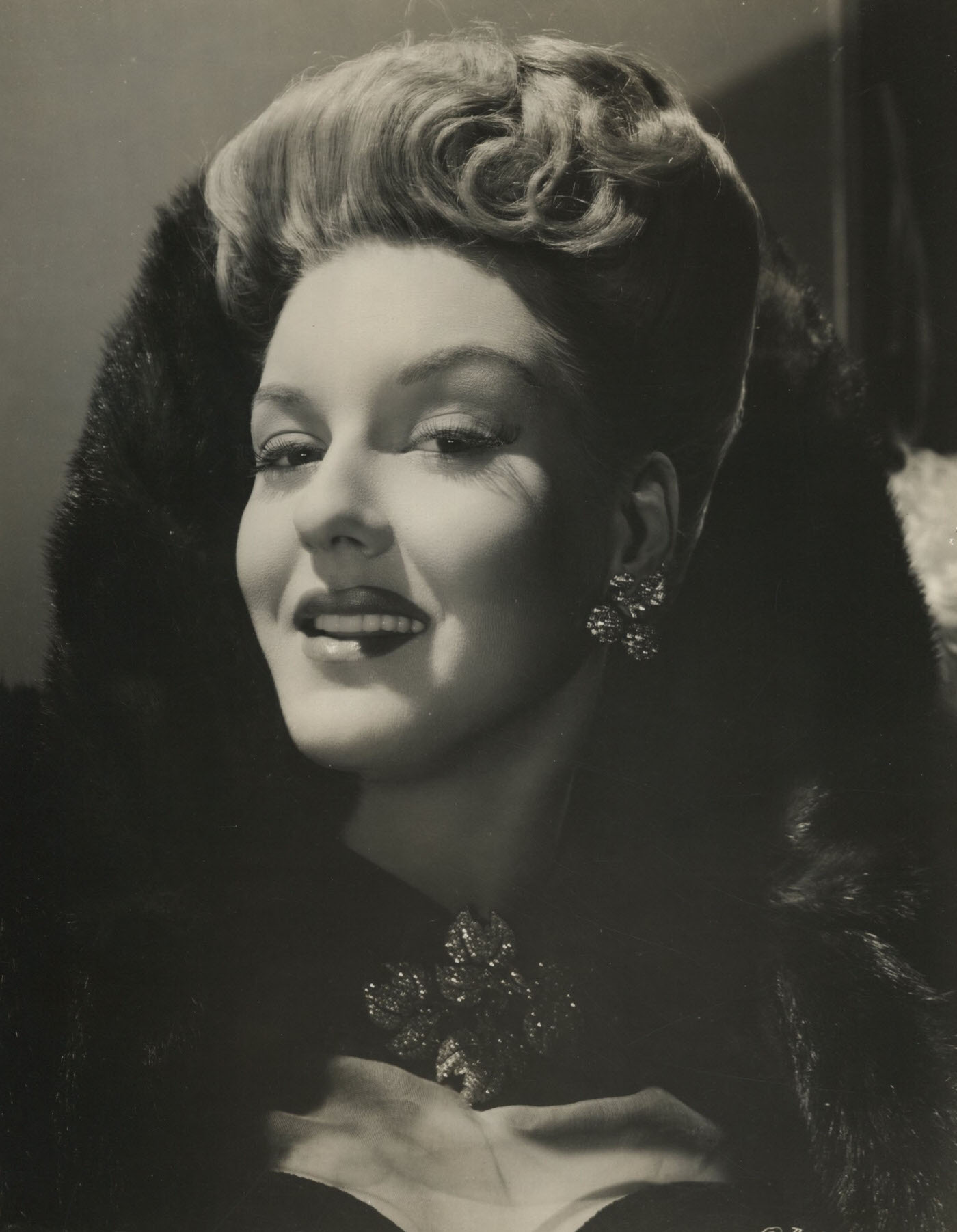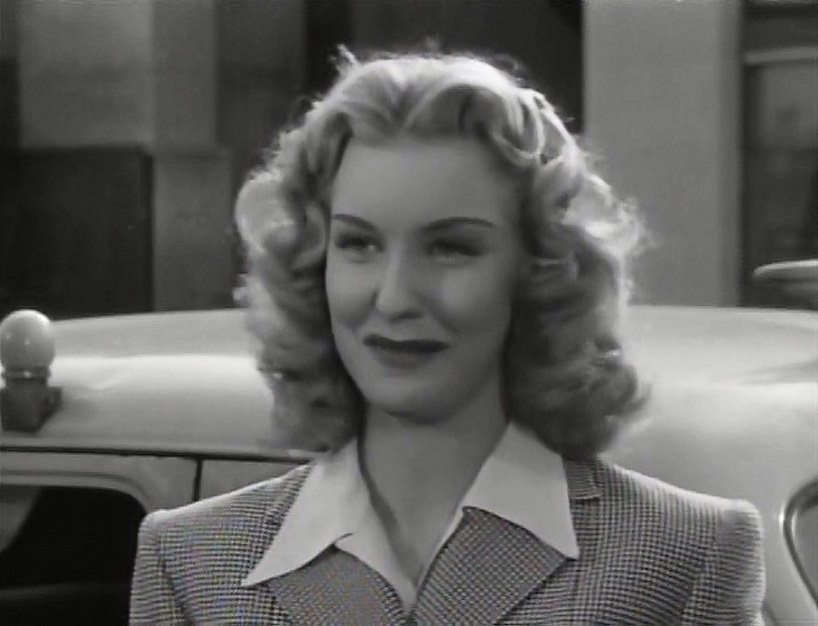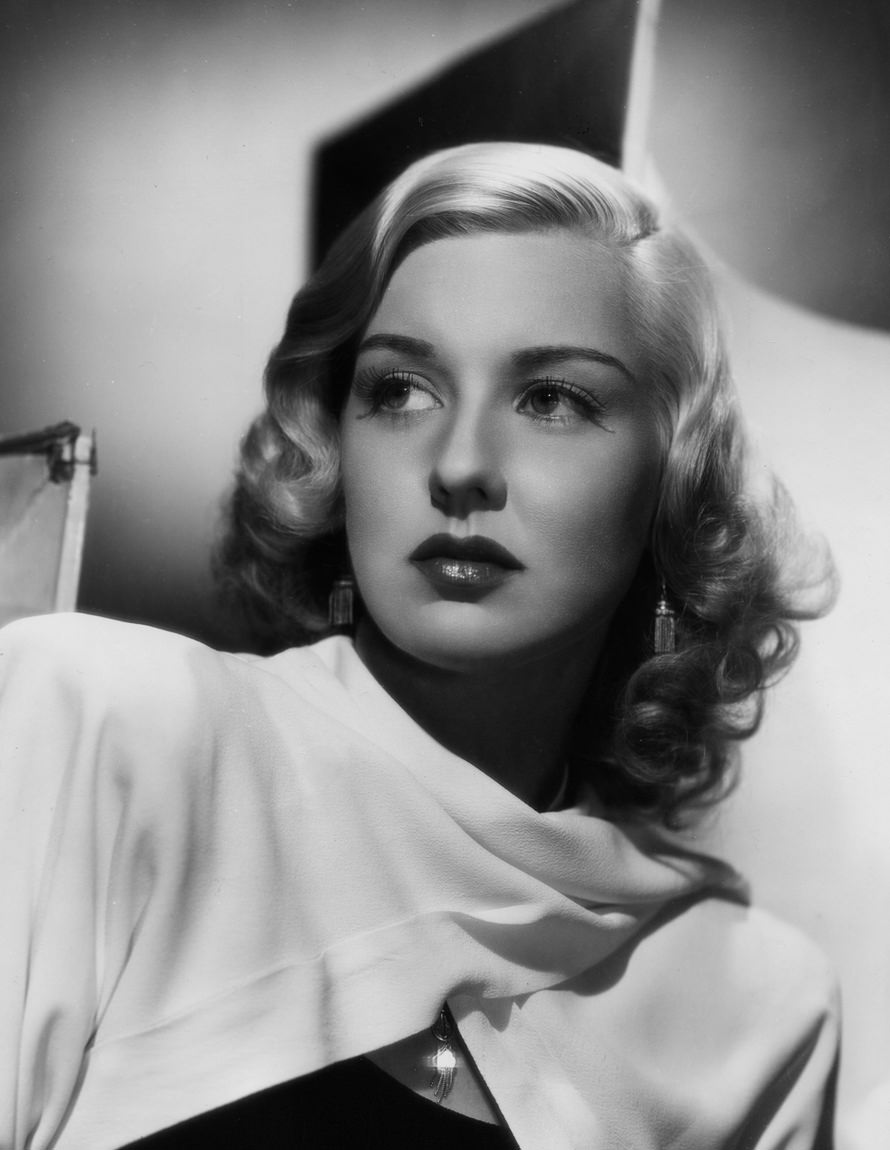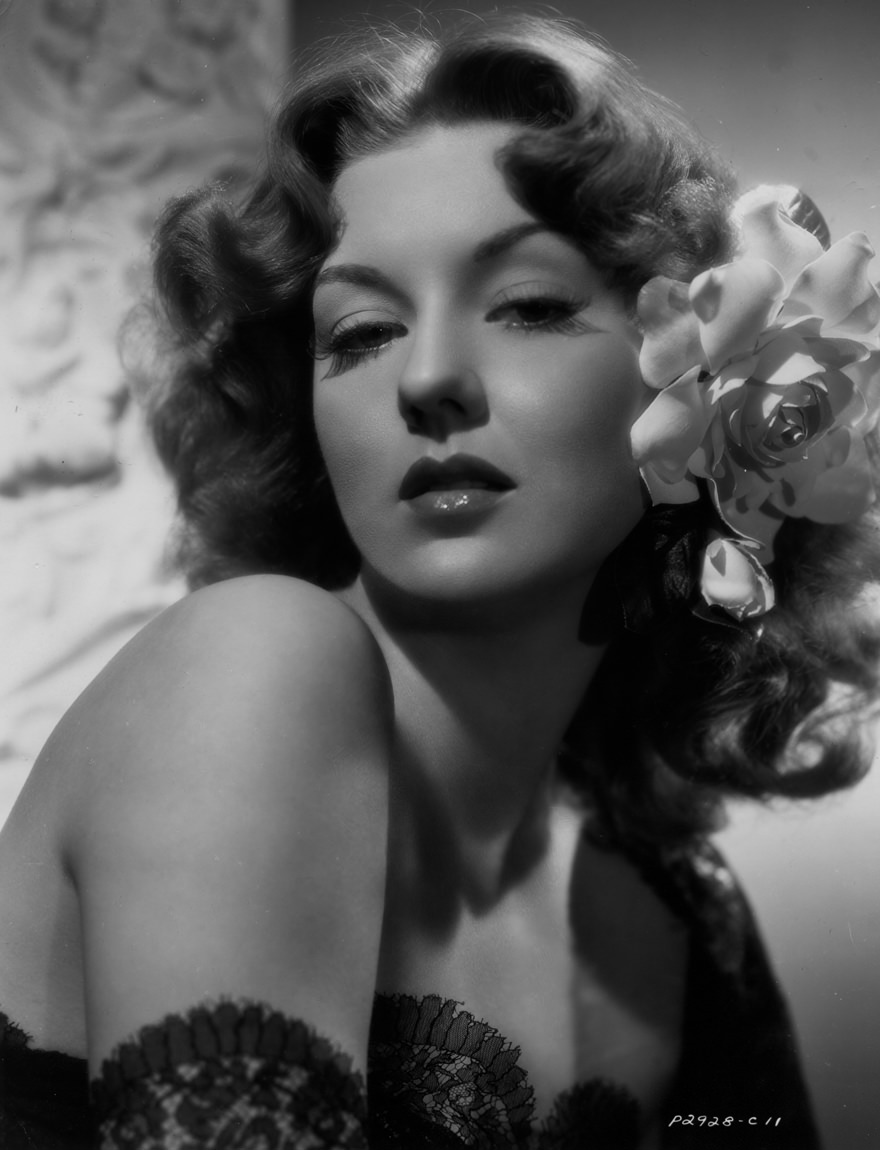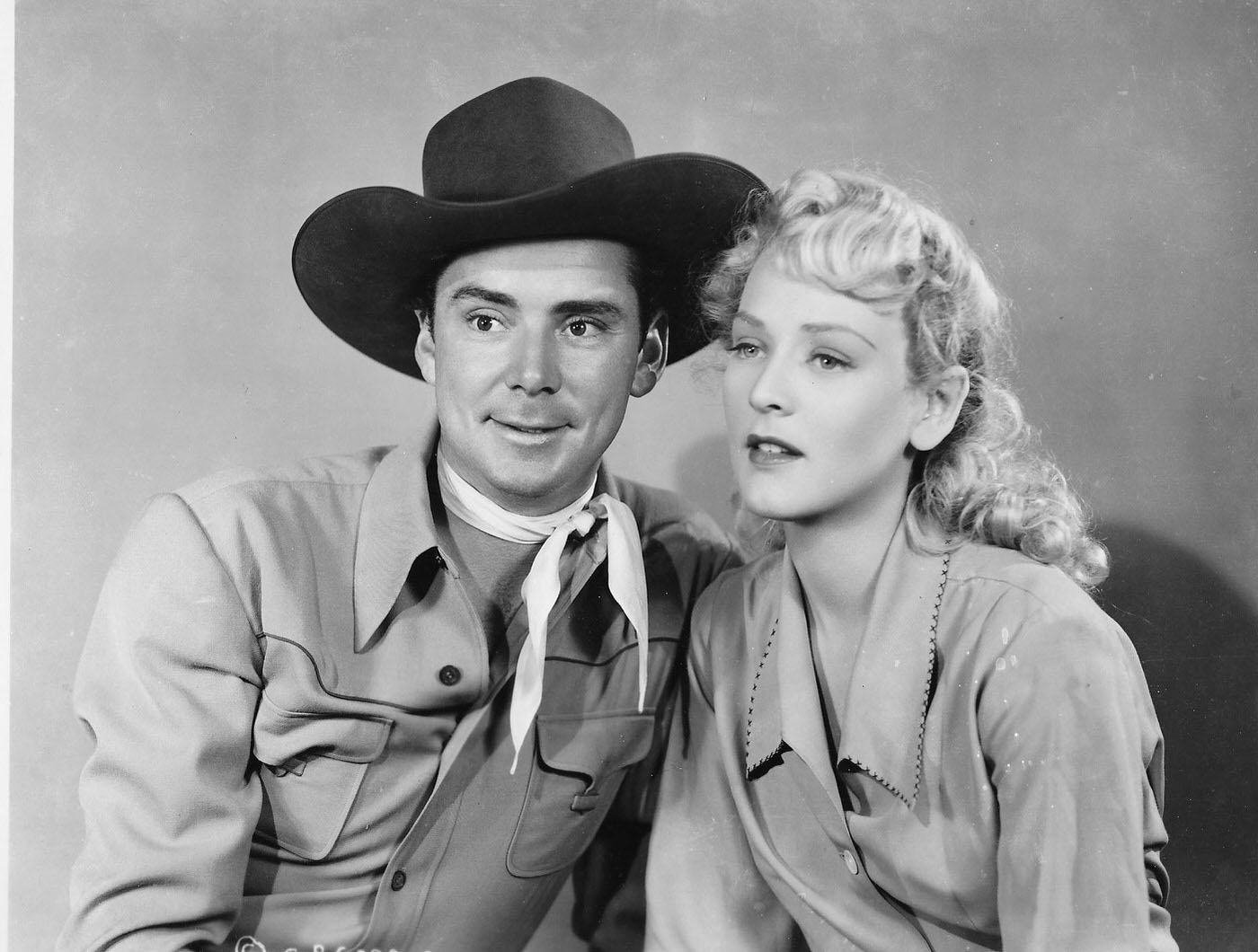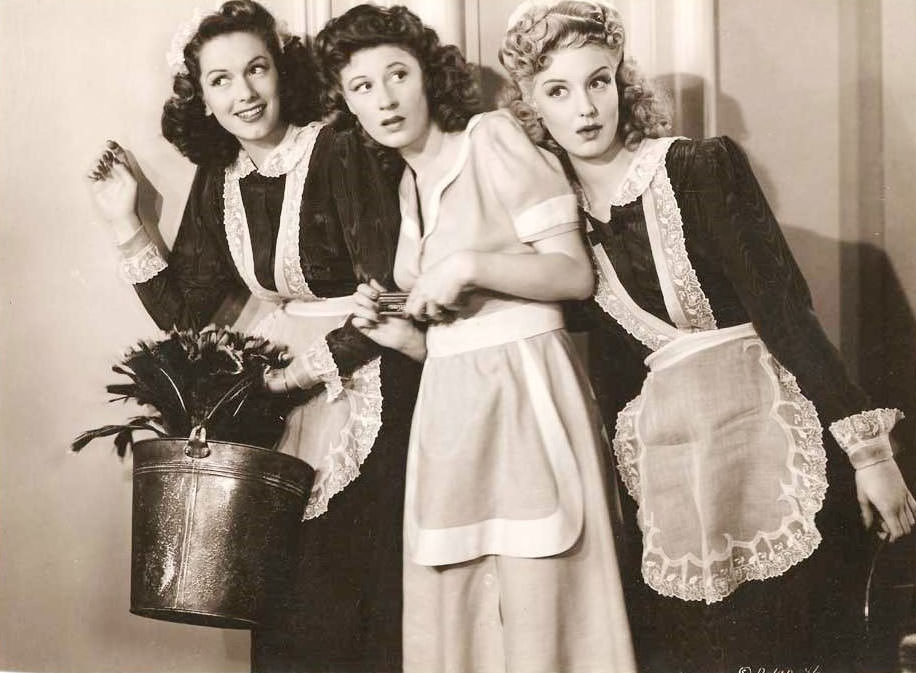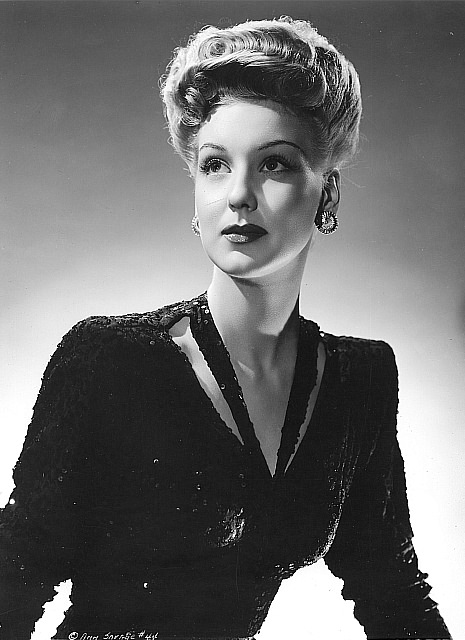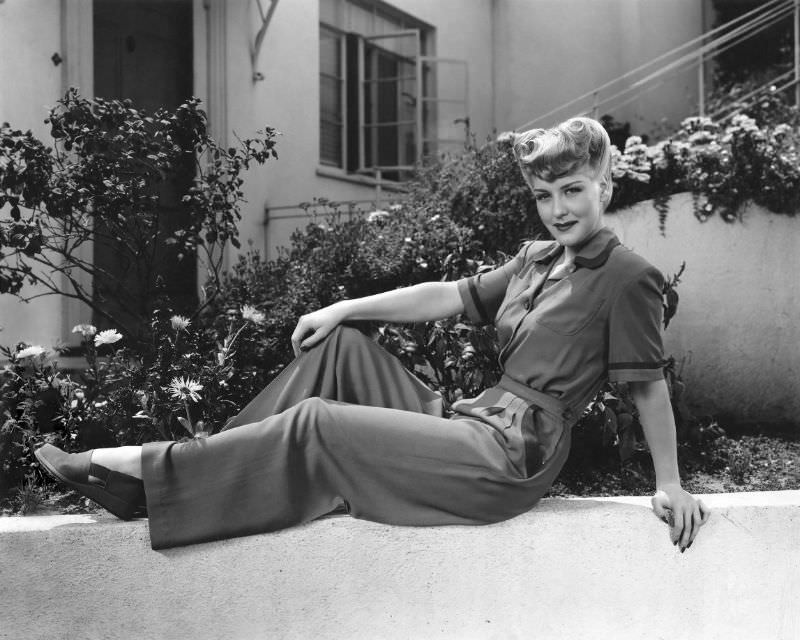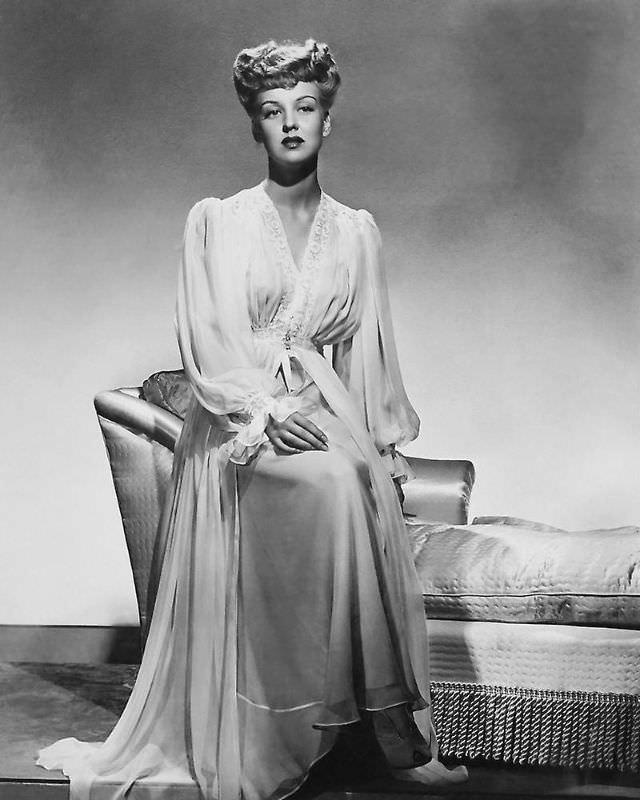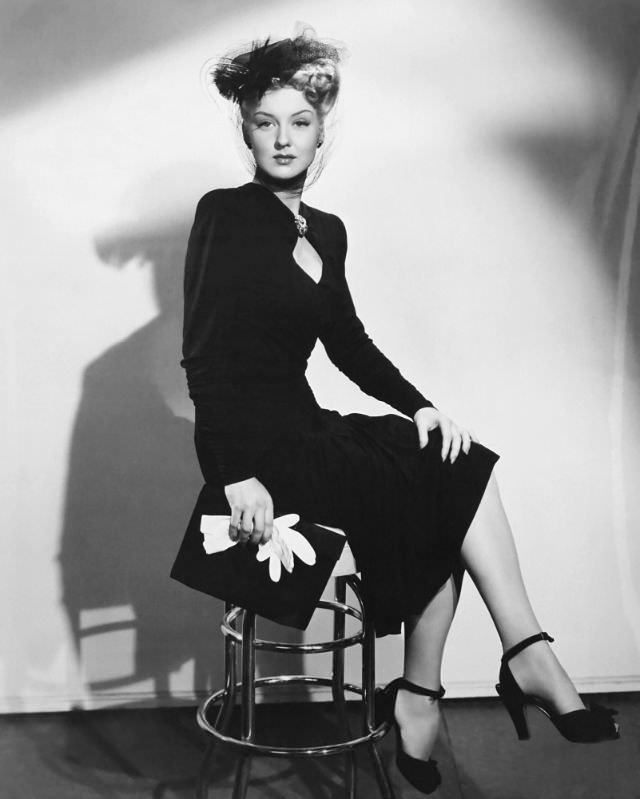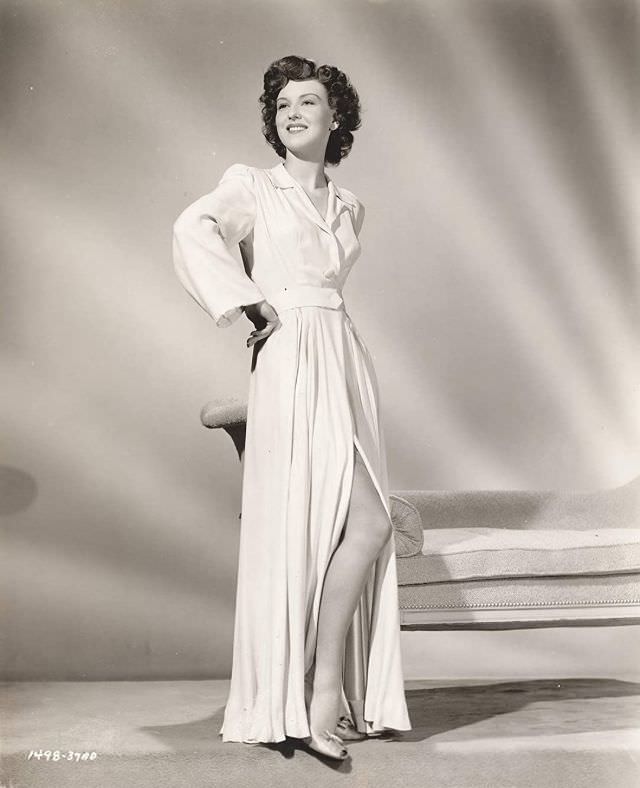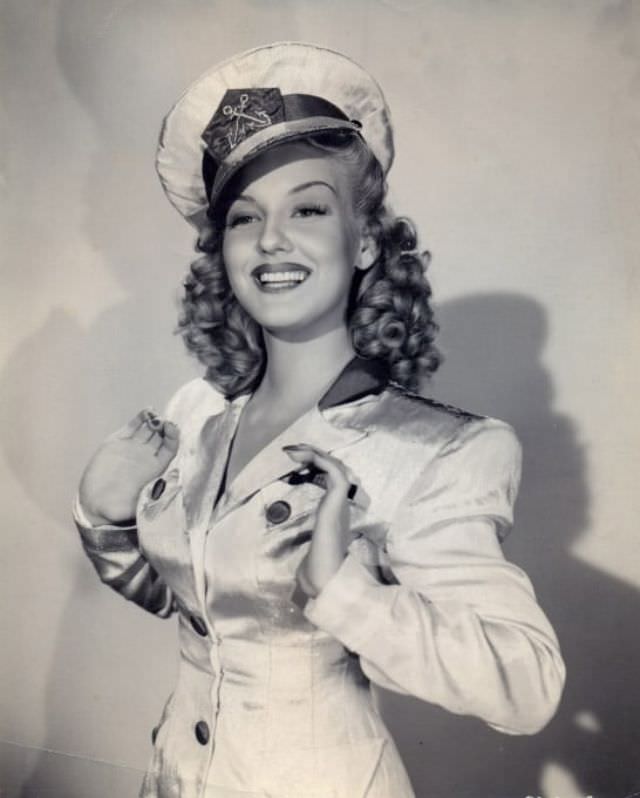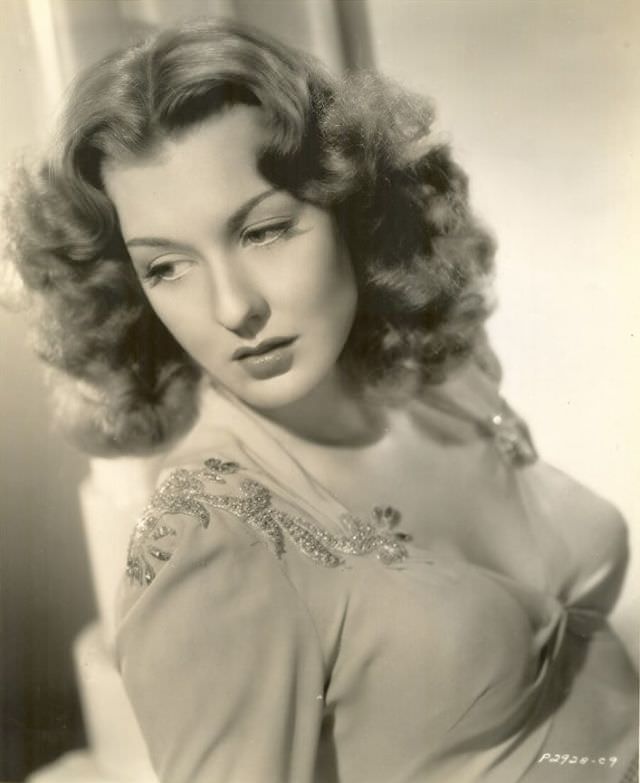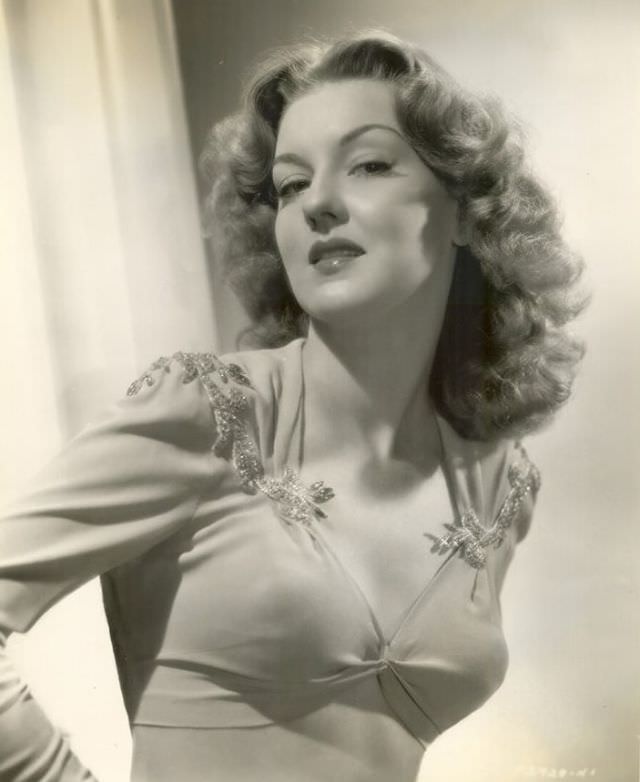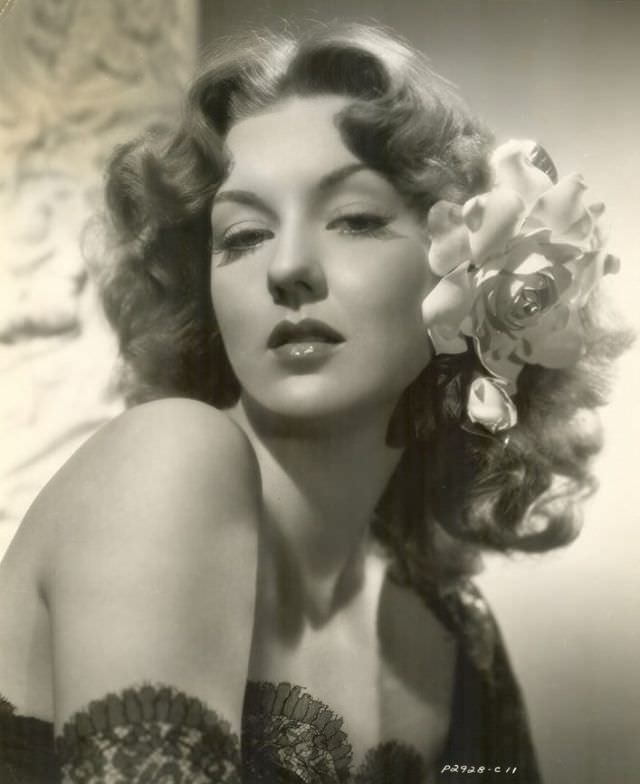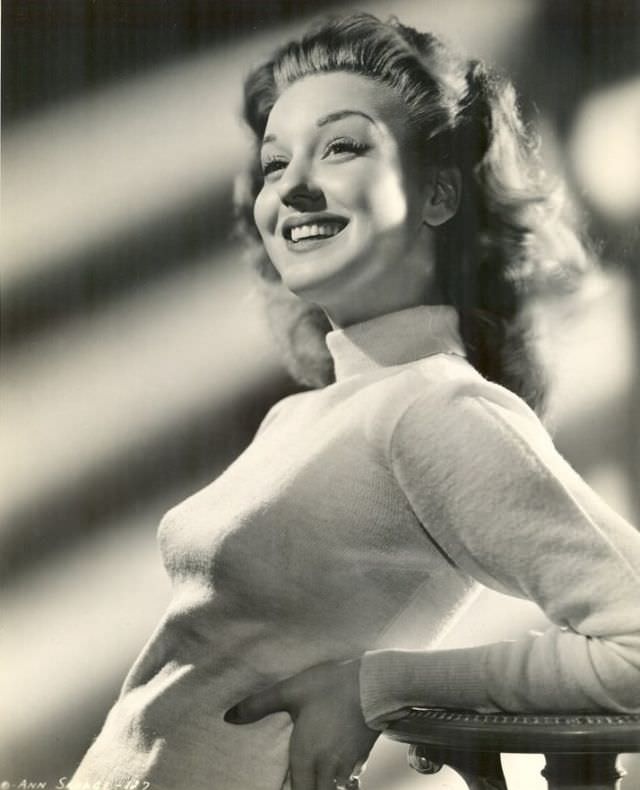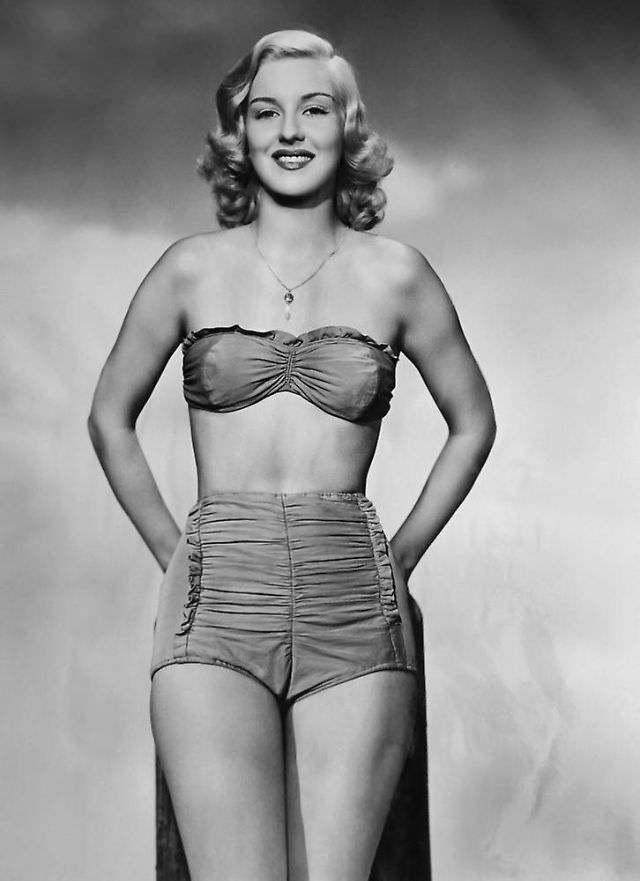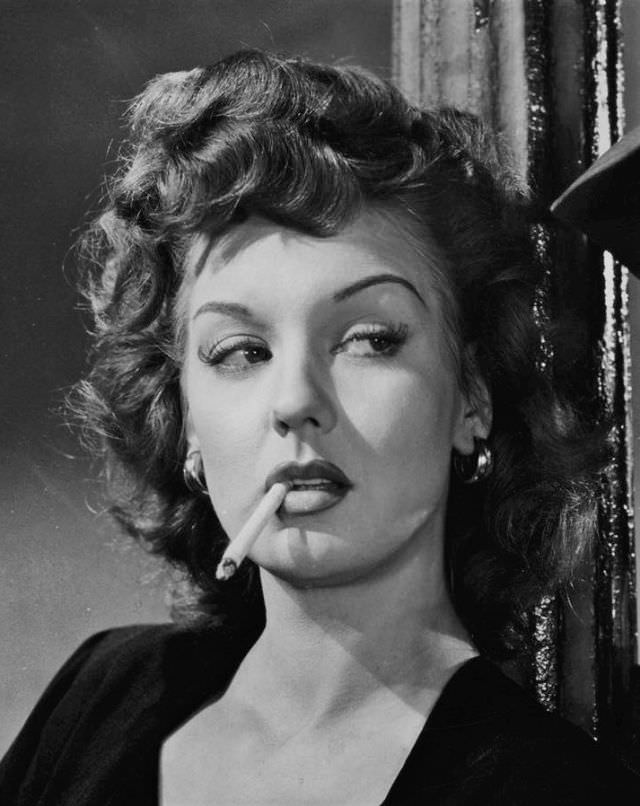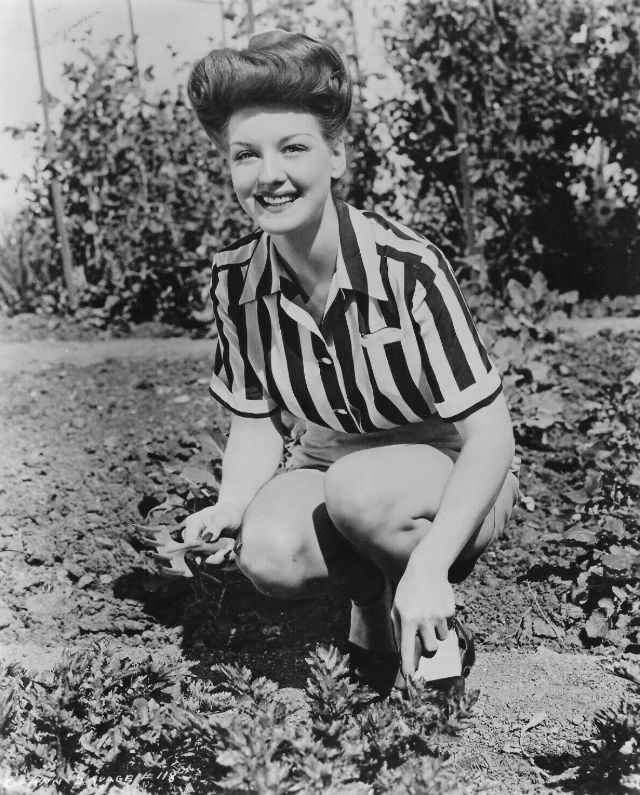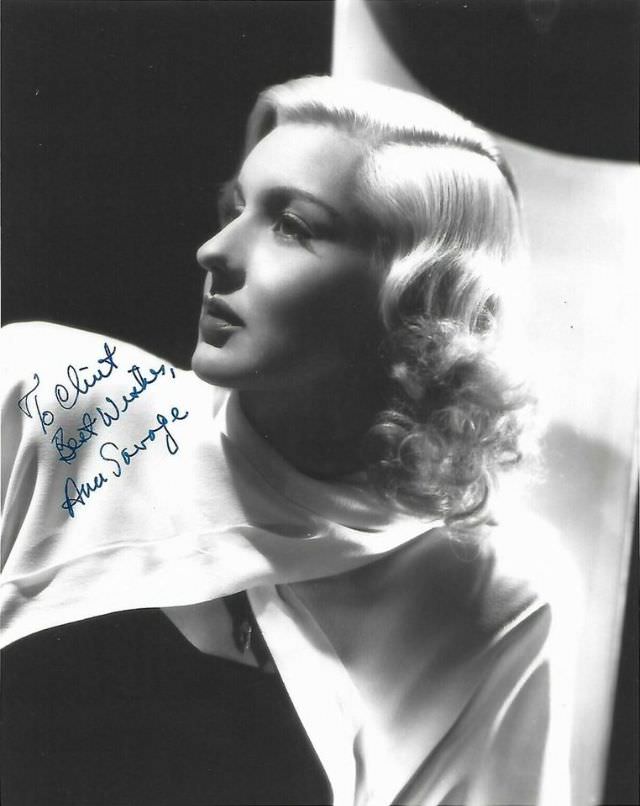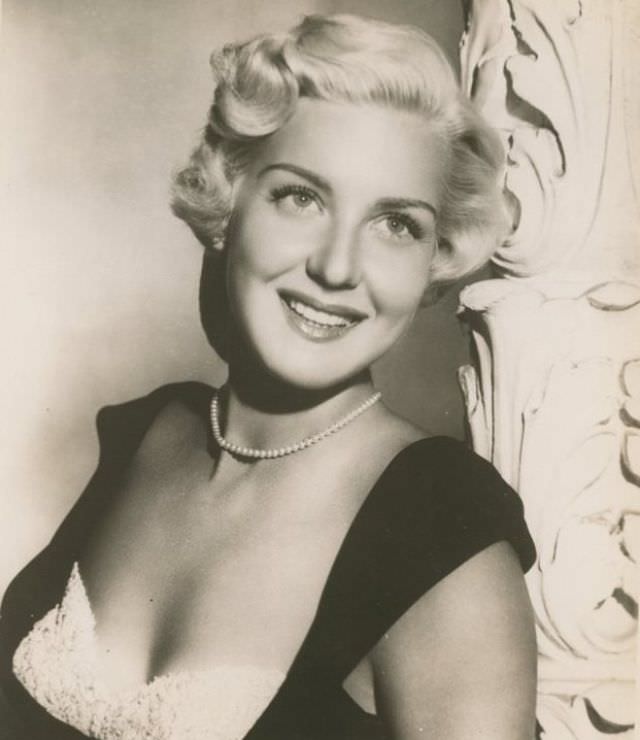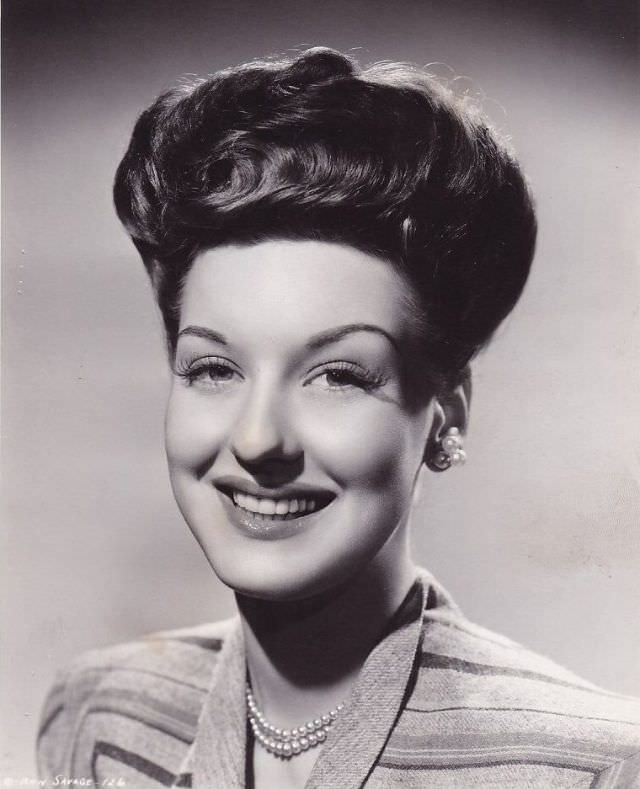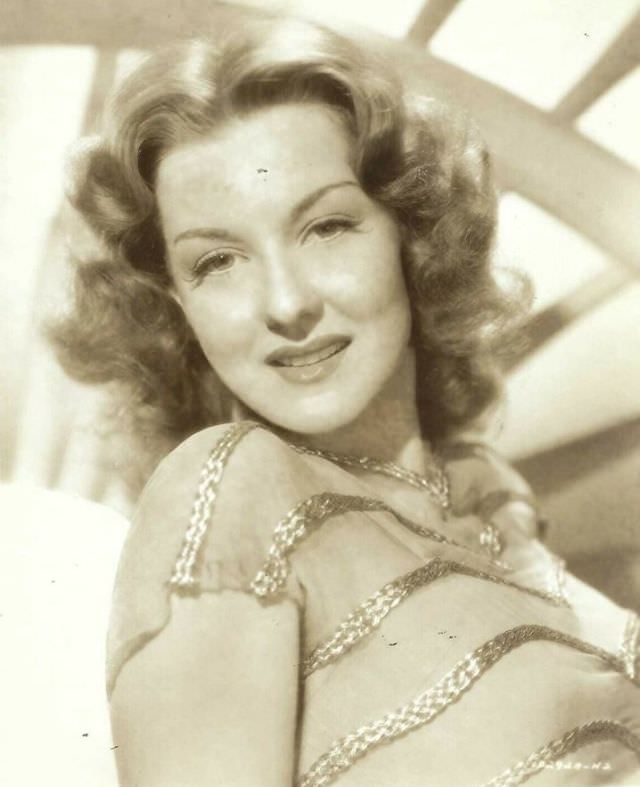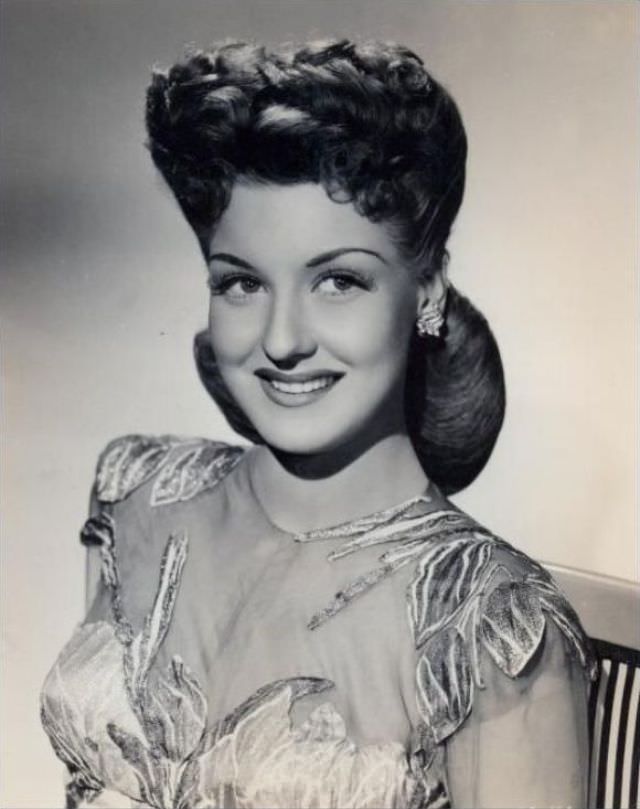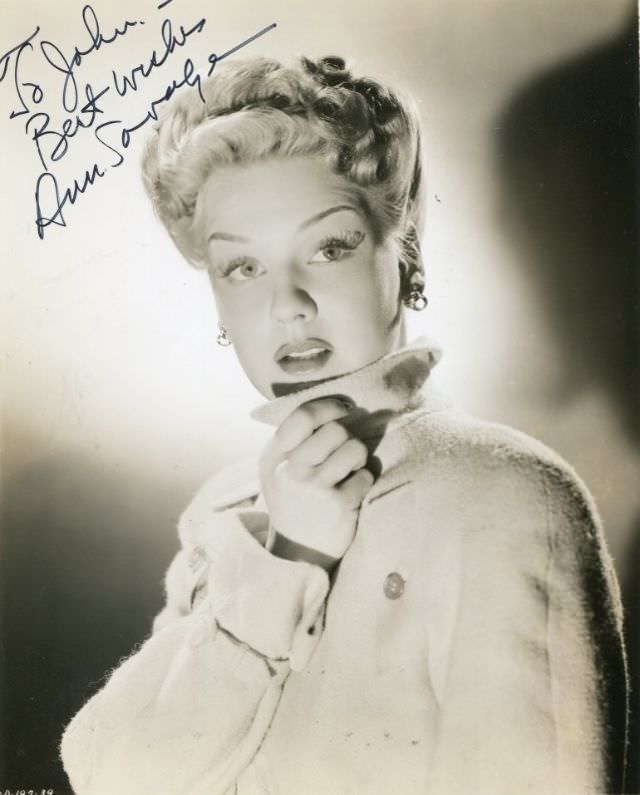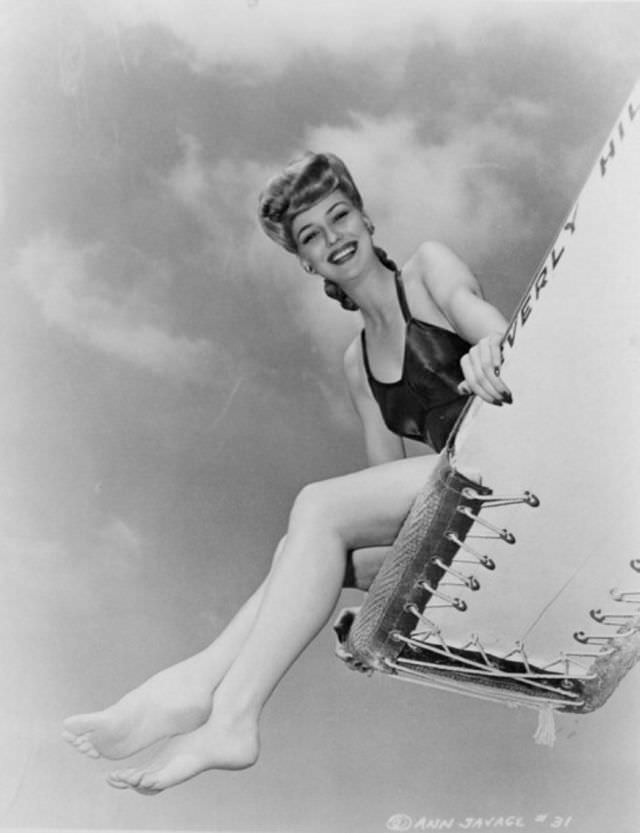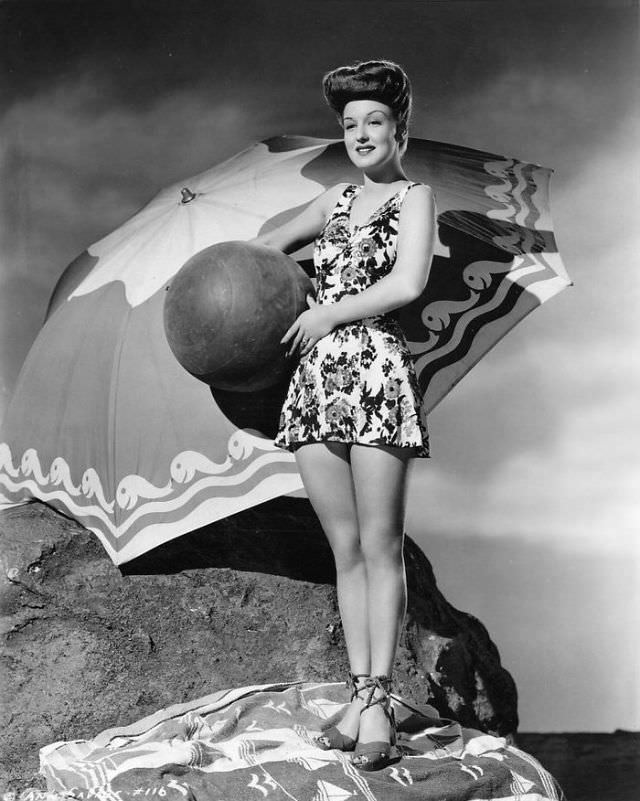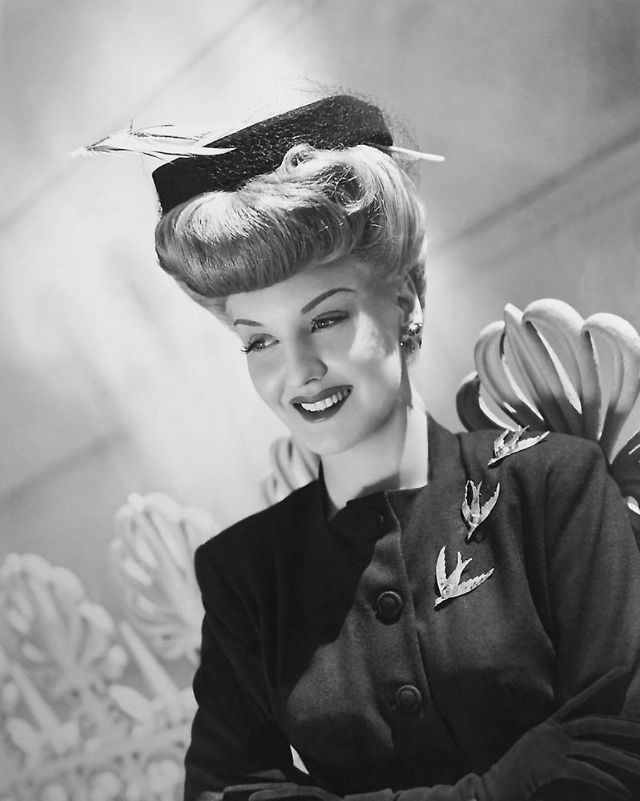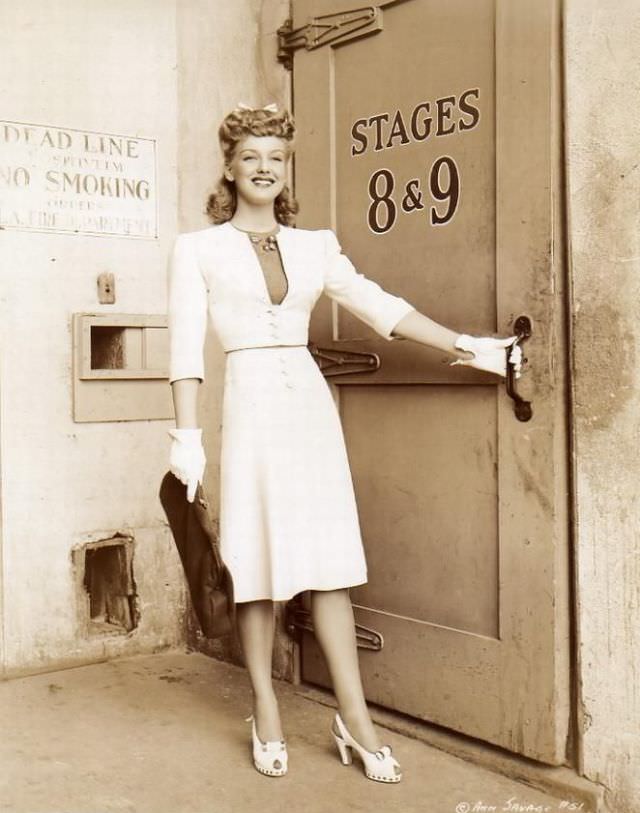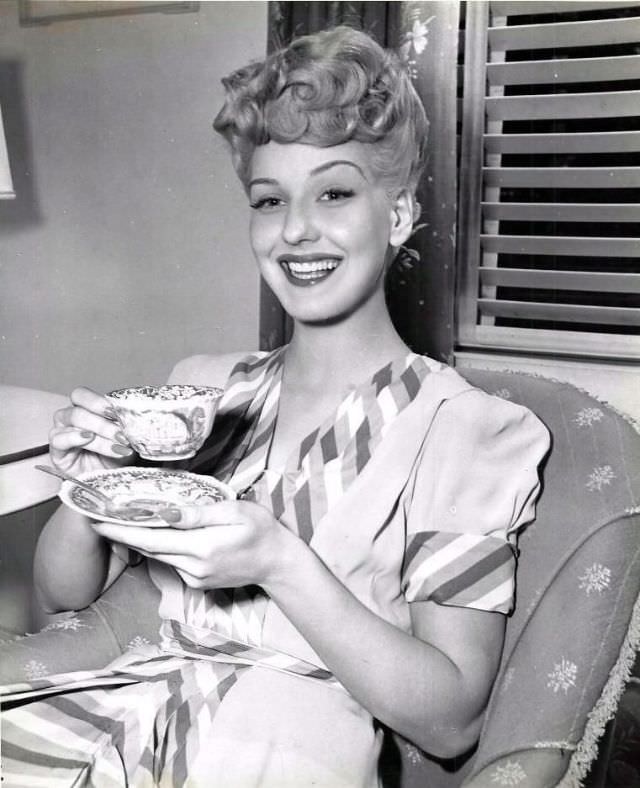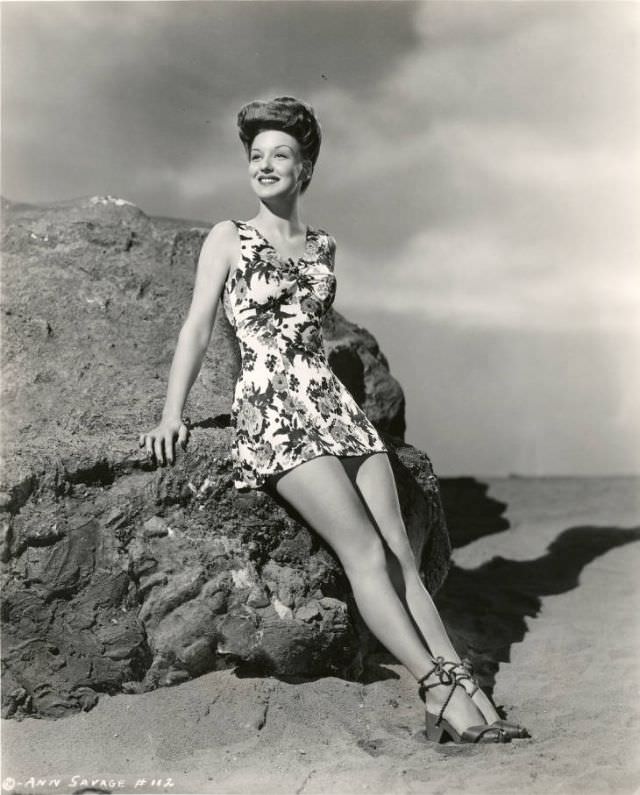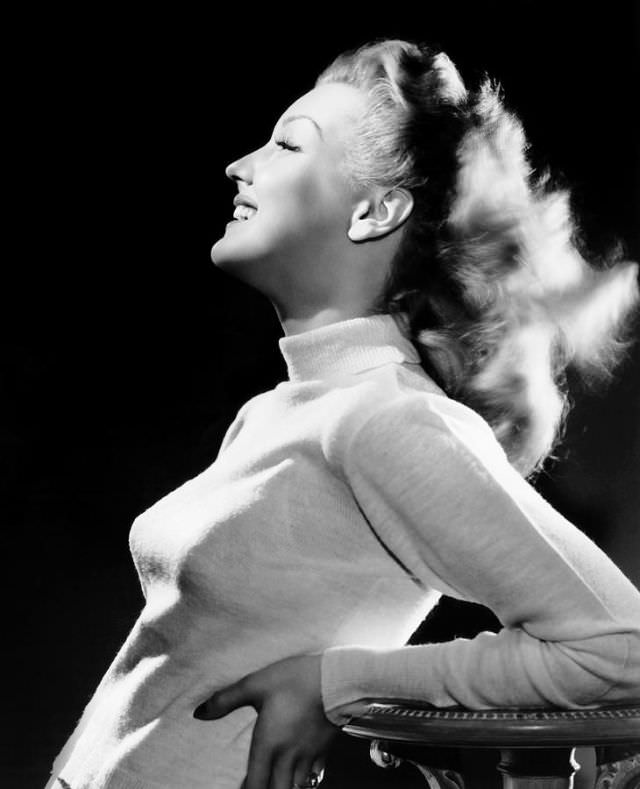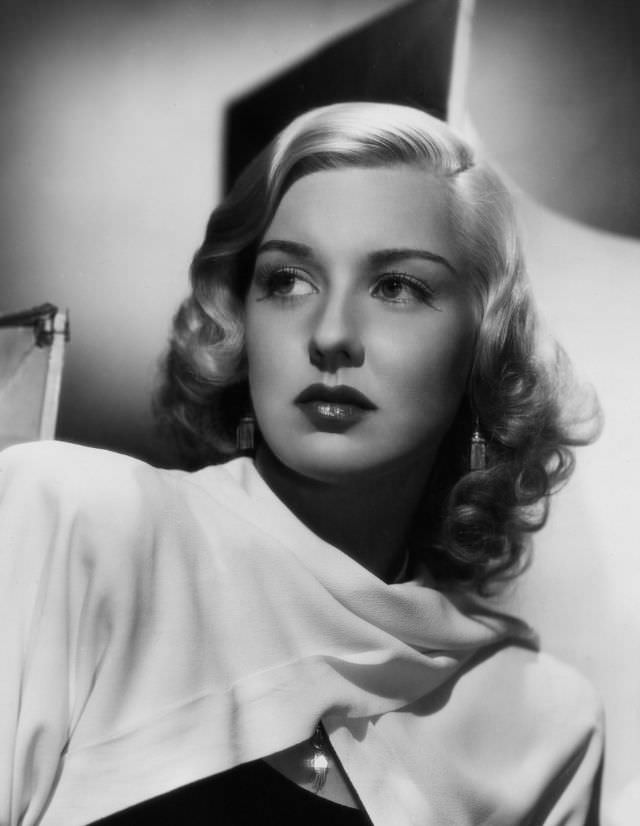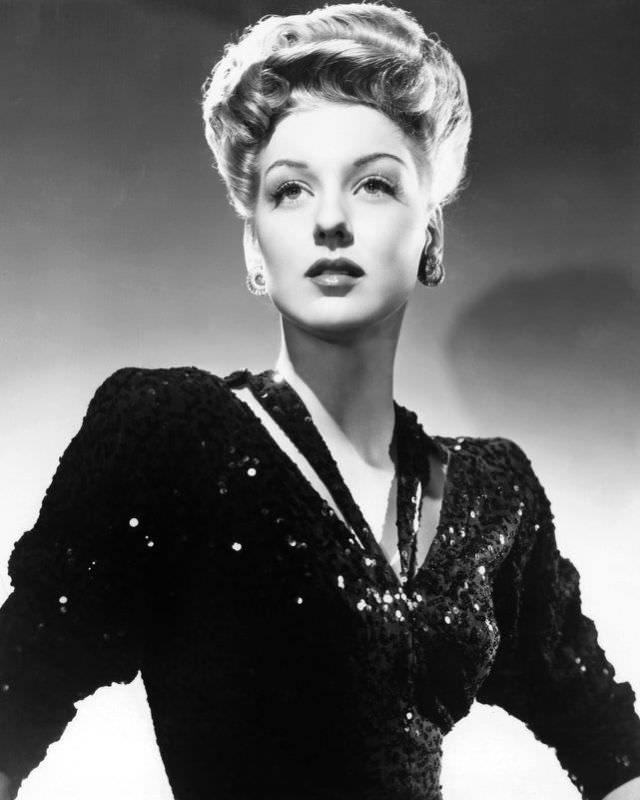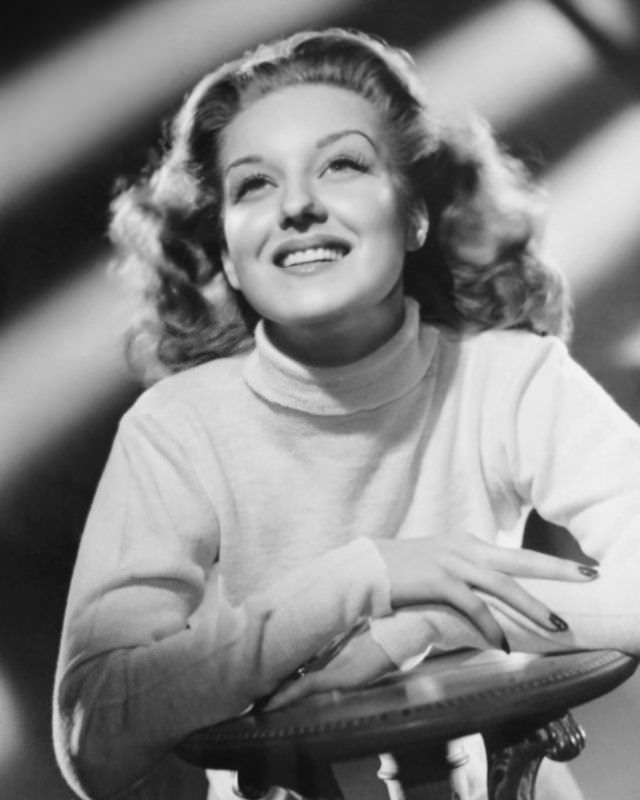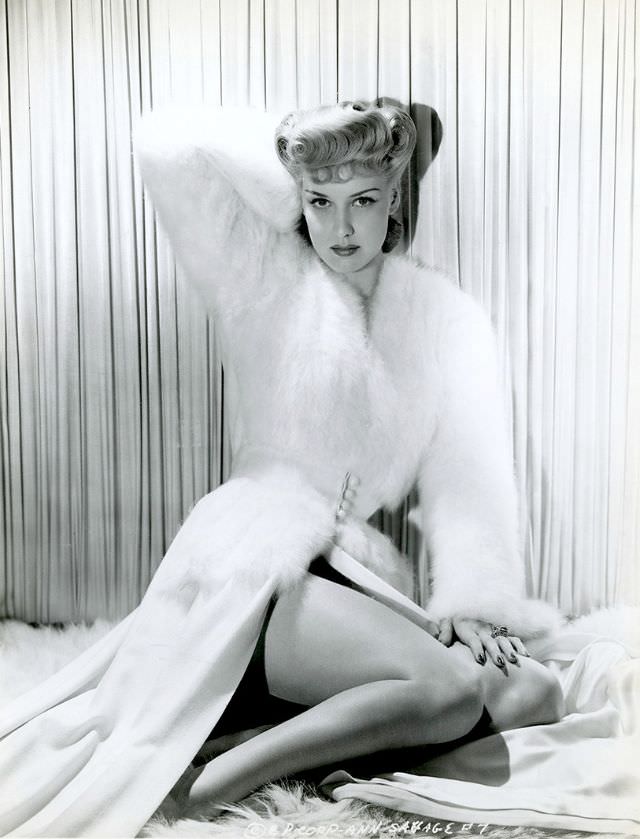Ann Savage, born Bernice Maxine Lyon on February 19, 1921, in Columbia, South Carolina, was an American actress whose career spanned over six decades. Known for her roles as femme fatales and challenging women in classic film noir, she captivated audiences with her intensity and fearlessness. In this post, we explore the life and career of Ann Savage, an actress whose indelible mark on the world of cinema continues to be felt today.
Early Life and Career Beginnings
Savage’s family moved to Los Angeles when she was a child, and it was there that she developed a love for acting. After high school, she began working as a model and studied acting at the Max Reinhardt School of the Theatre. Her first film role came in 1943 with a small part in “One Dangerous Night,” Over the next few years, she appeared in a string of B-movies and film noir classics.
The Iconic Role: Detour
In 1945, Savage landed the role defining her career: the ruthless Vera in Edgar G. Ulmer’s low-budget film noir “Detour.” As Vera, Savage delivered a chilling portrayal of a cunning, manipulative woman who ensnares a down-on-his-luck piano player, played by Tom Neal, in a web of deception and blackmail.
Though made on a shoestring budget, “Detour” garnered critical acclaim and has since become a cult classic. It is often cited as one of the greatest film noirs of all time, and Savage’s performance as the femme fatale Vera is regarded as one of the most memorable in the genre.
Despite the success of “Detour,” Savage continued to work primarily in B-movies throughout the late 1940s and early 1950s. However, her performances in these films, such as “Apology for Murder” (1945), “The Dark Horse” (1946), and “Renegade Girl” (1946), showcased her ability to bring depth and complexity to her characters, even in the most modest productions.
Television Work and Hiatus
As the film noir era waned, Savage transitioned to television, where she appeared in numerous popular series, including “The Ford Television Theatre,” “City Detective,” and “Death Valley Days.” However, in the late 1950s, she took a hiatus from acting to focus on her personal life. She married her third husband, Bert D’Armand, in 1959, and they remained together until he died in 1989.
Return to the Silver Screen and Final Years
In 1986, after nearly three decades away from the film industry, Savage triumphantly returned to acting with a role in the independent film “Fire with Fire.” She continued to work sporadically in film and television throughout the 1990s and early 2000s, including appearances in “The X-Files,” “ER,” and “The Drop.”
In 2007, at age 86, Savage took on her final film role in Canadian director Guy Maddin’s “My Winnipeg.” The critically acclaimed film was a surreal tribute to Maddin’s hometown, and Savage’s performance as the domineering mother figure earned her rave reviews. The role served as a fitting swan song for an actress who had made a career playing strong, complex women.
Legacy
Ann Savage’s career is a testament to her talent, tenacity, and ability to captivate audiences. Though she may not have achieved the A-list status of some of her contemporaries, her work in films like “Detour” and My Winnipeg” ensured that her contributions to the world of cinema would not be forgotten. She inspires actresses and filmmakers alike, as her performances resonate with audiences and critics.
Savage’s portrayal of the femme fatale in “Detour” set a standard for the film noir genre, influencing countless subsequent portrayals of complex, dangerous women. Her fearless and unapologetic approach to her roles broke boundaries and demonstrated that women could be multidimensional, fierce, and powerful on screen.
Ann Savage passed away on December 25, 2008, at 87, leaving behind a legacy that will continue to inspire actors, filmmakers, and movie lovers for generations to come. Her work in film noir and beyond demonstrates the power of strong, complex female characters. It serves as a reminder of the importance of pushing boundaries and taking risks in pursuing artistic excellence.


